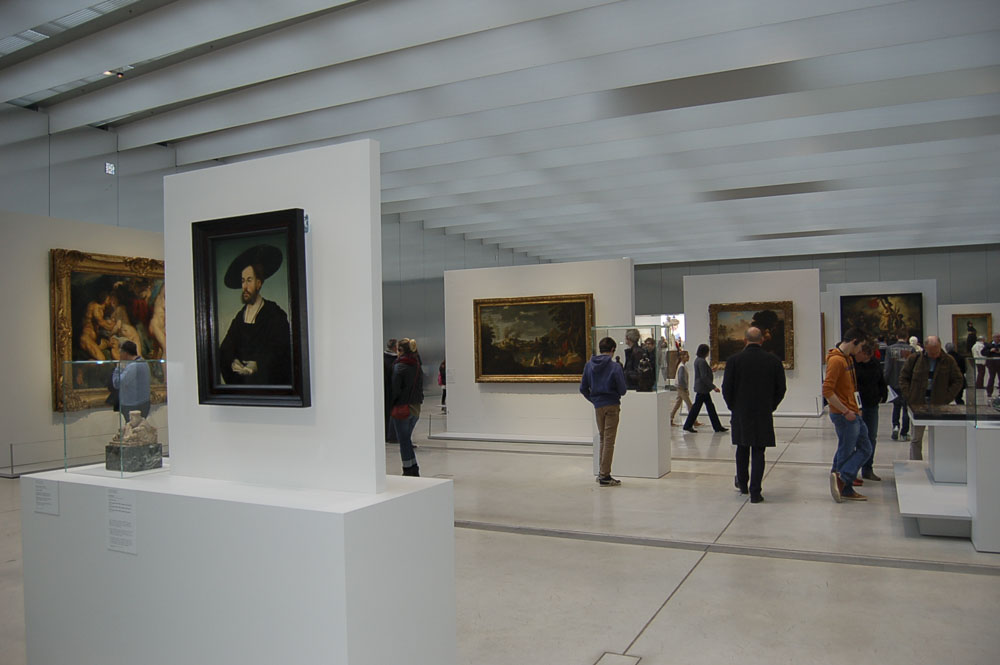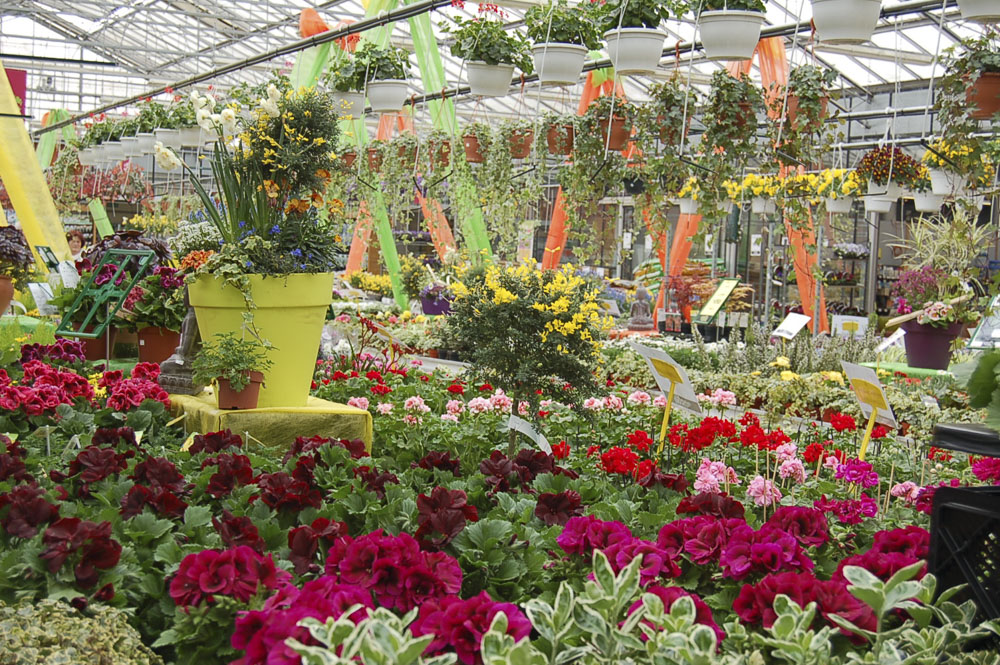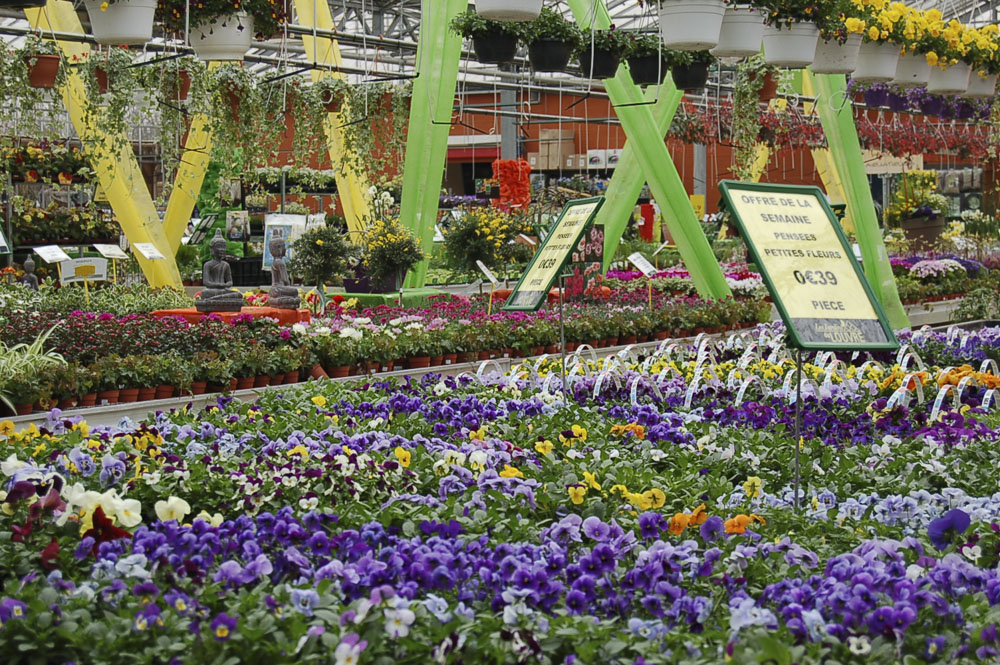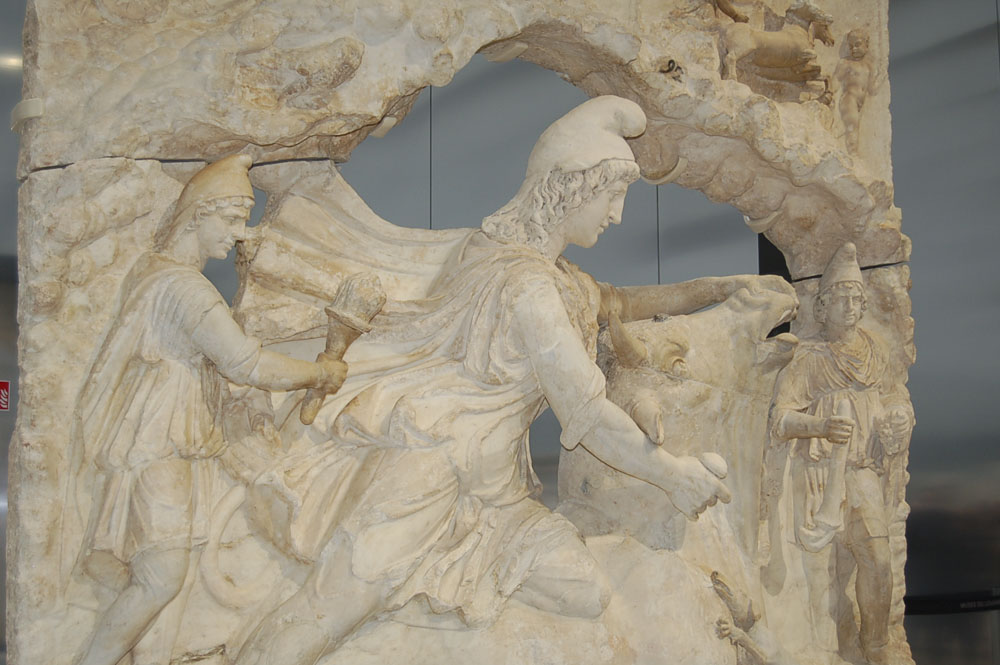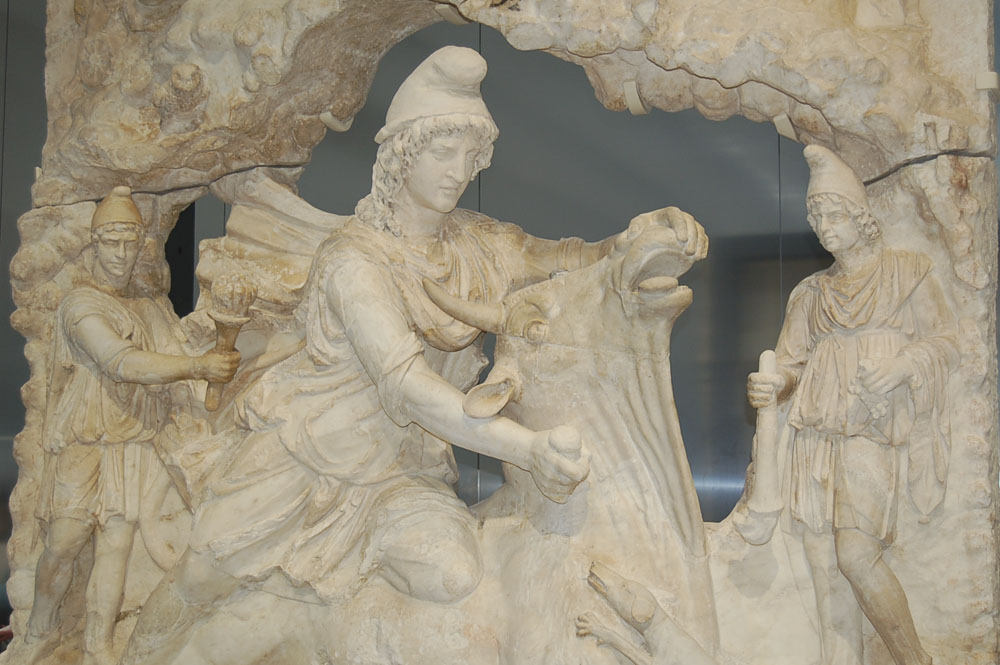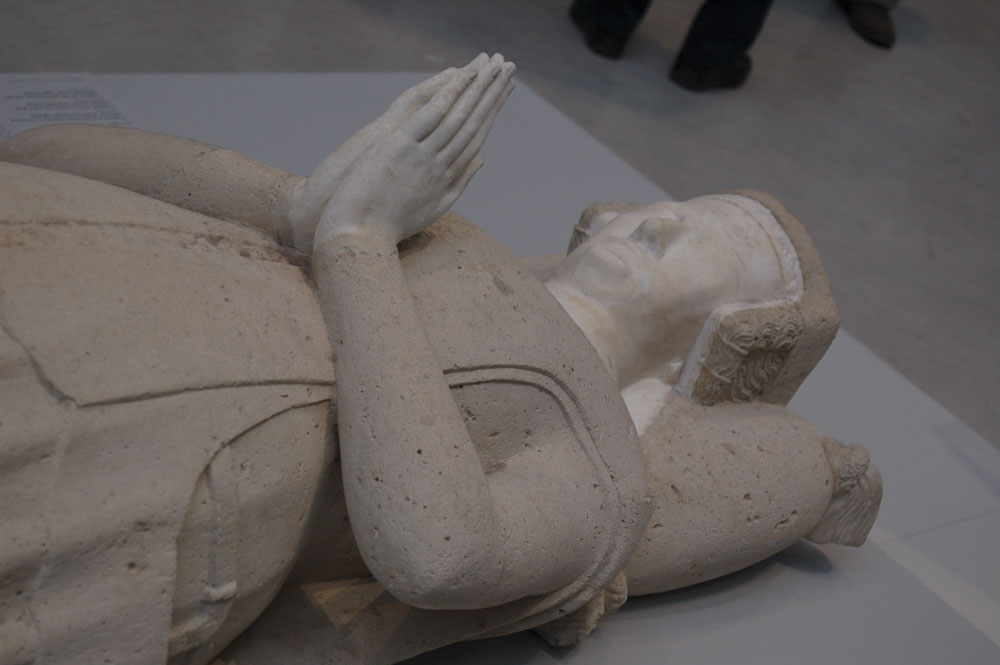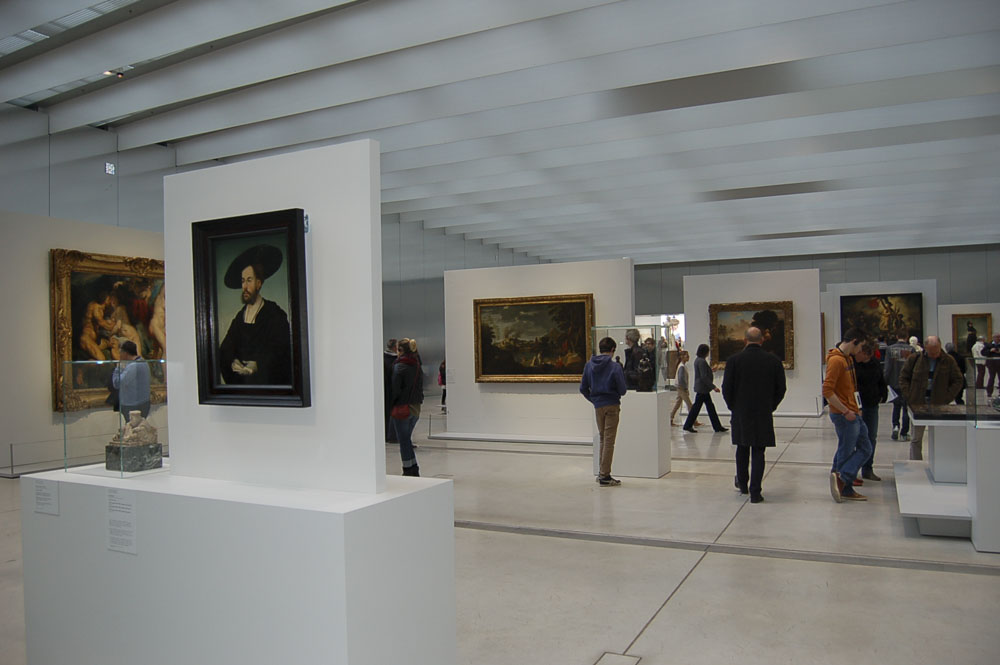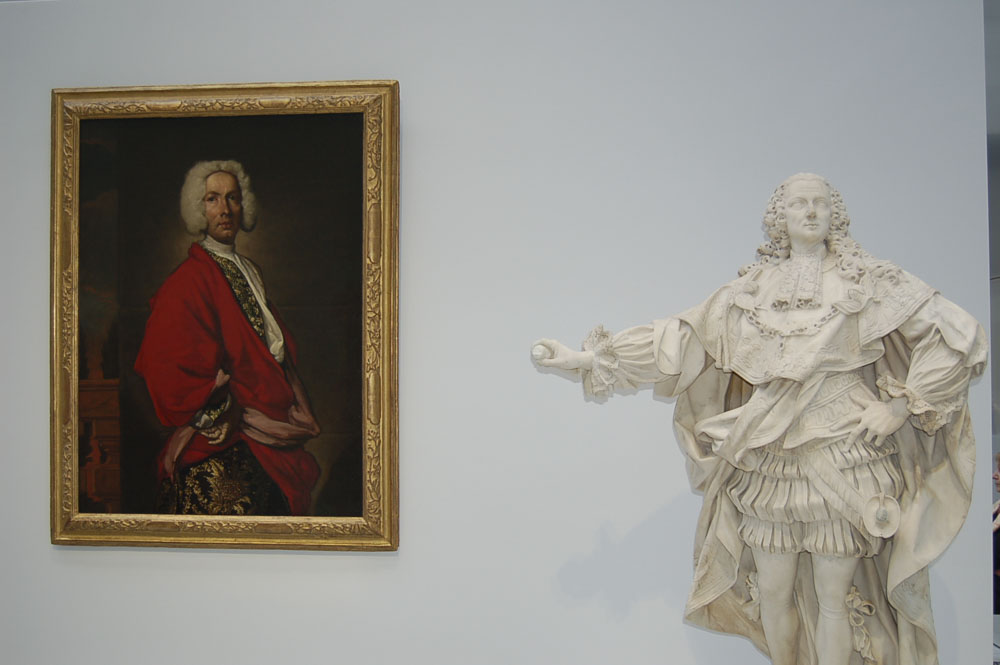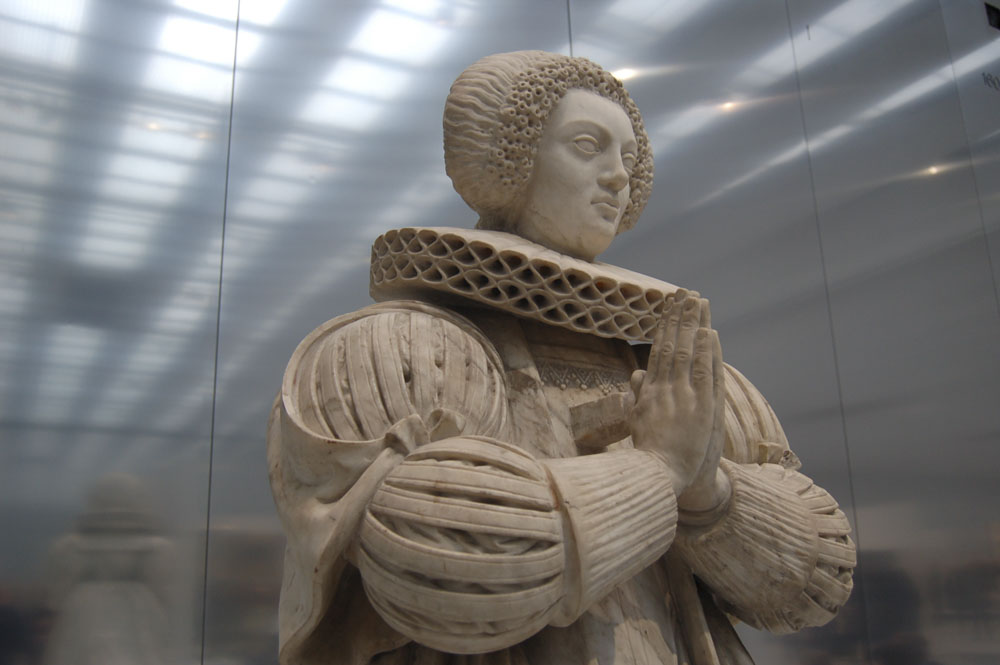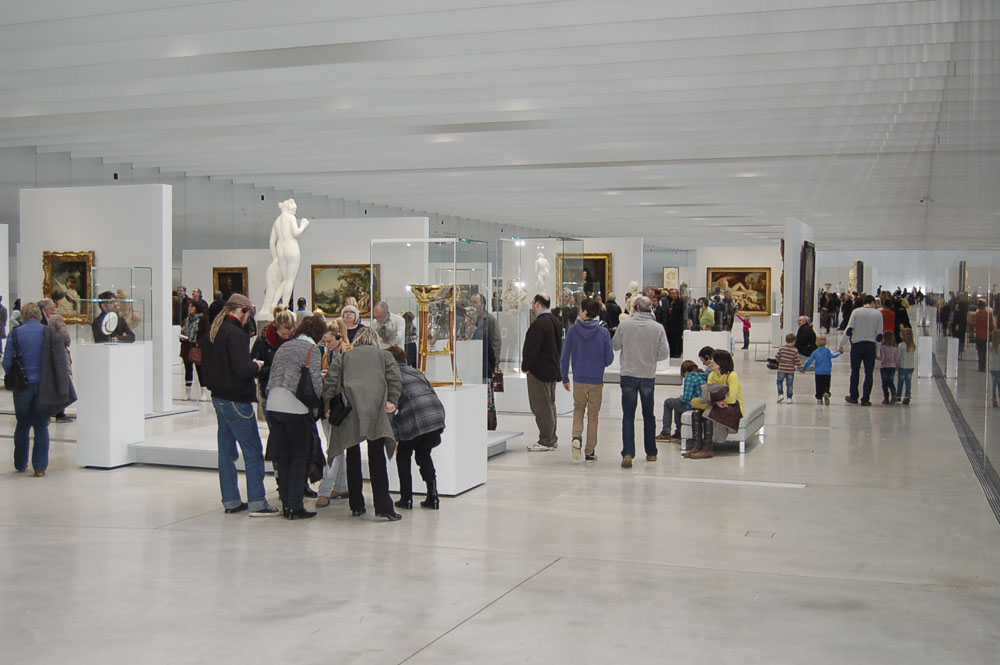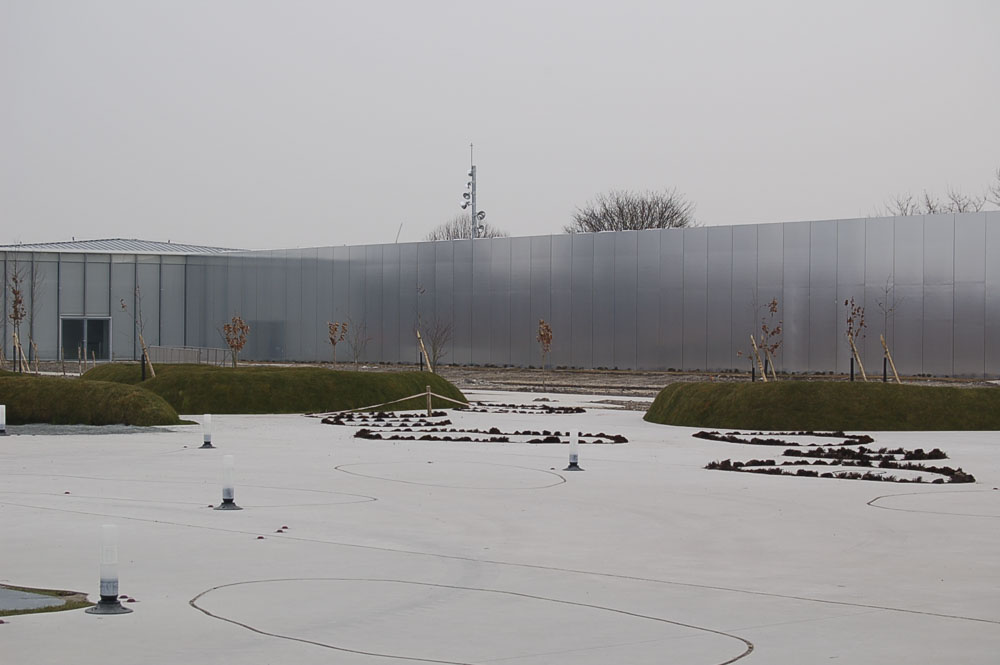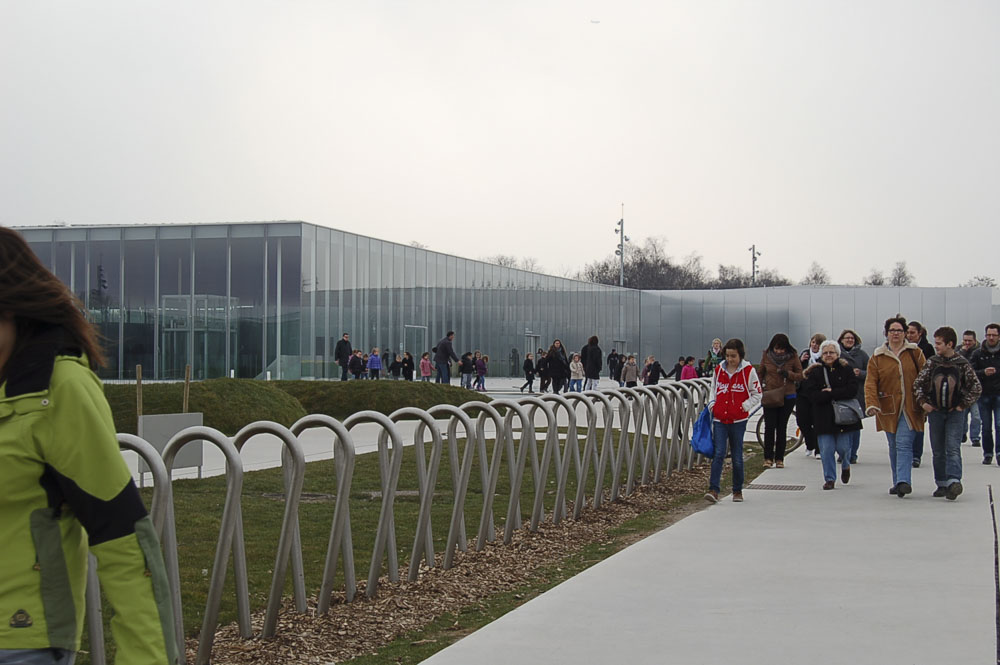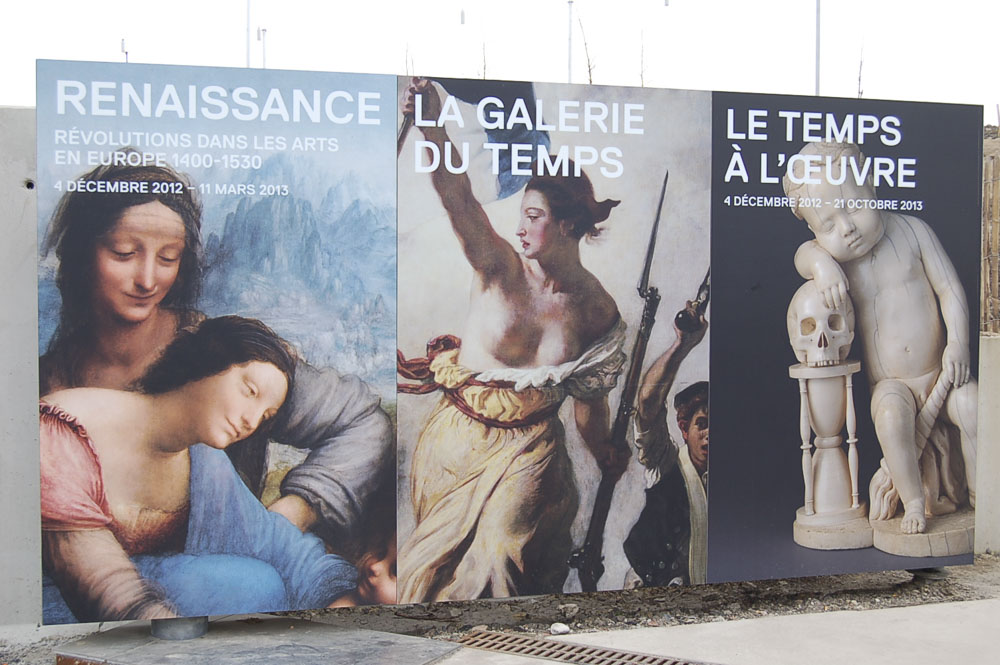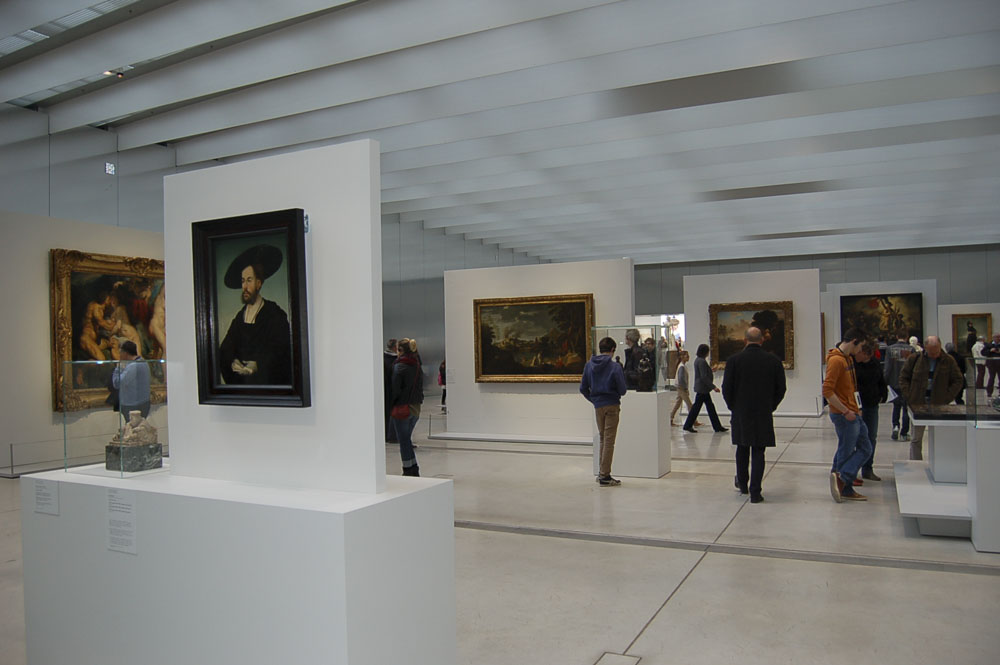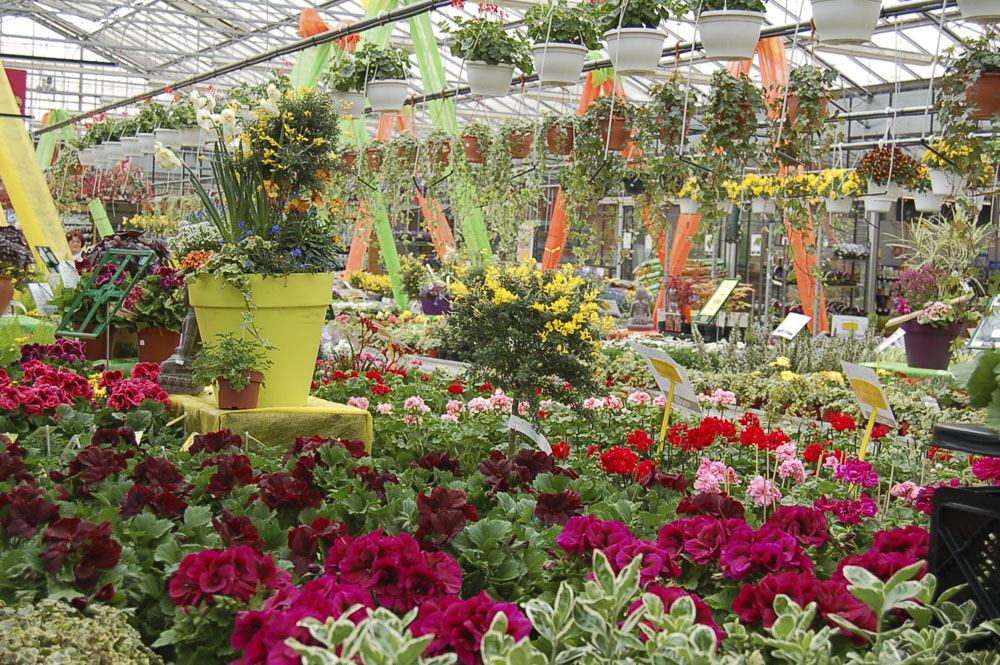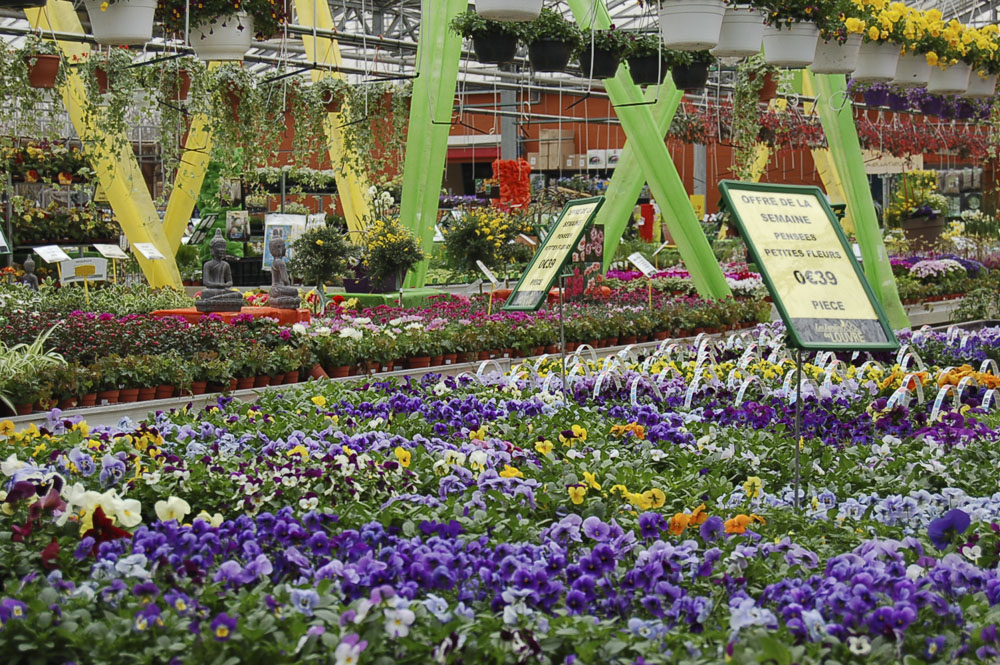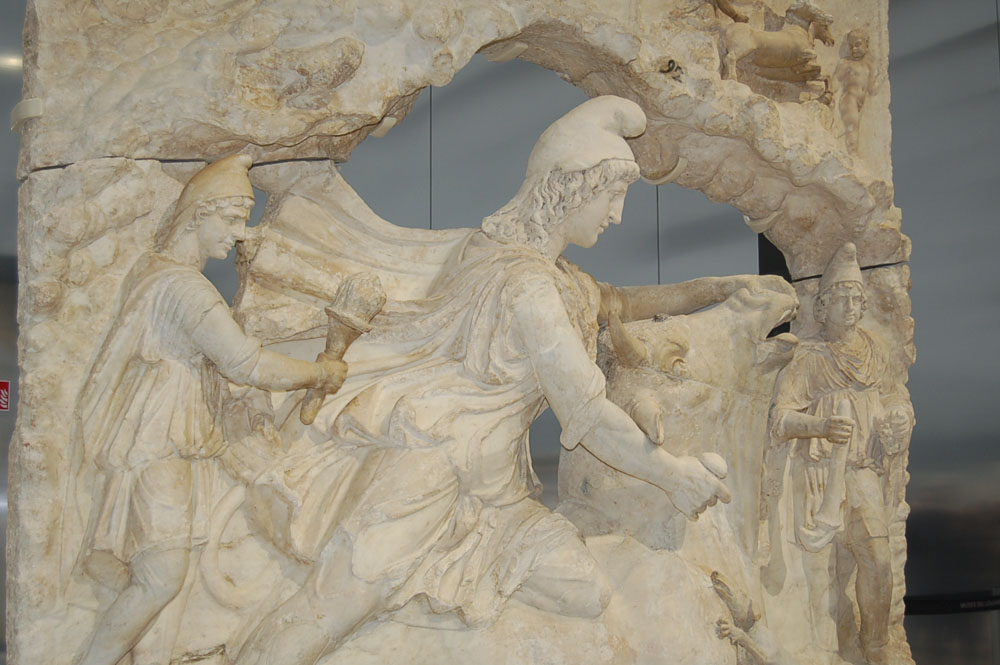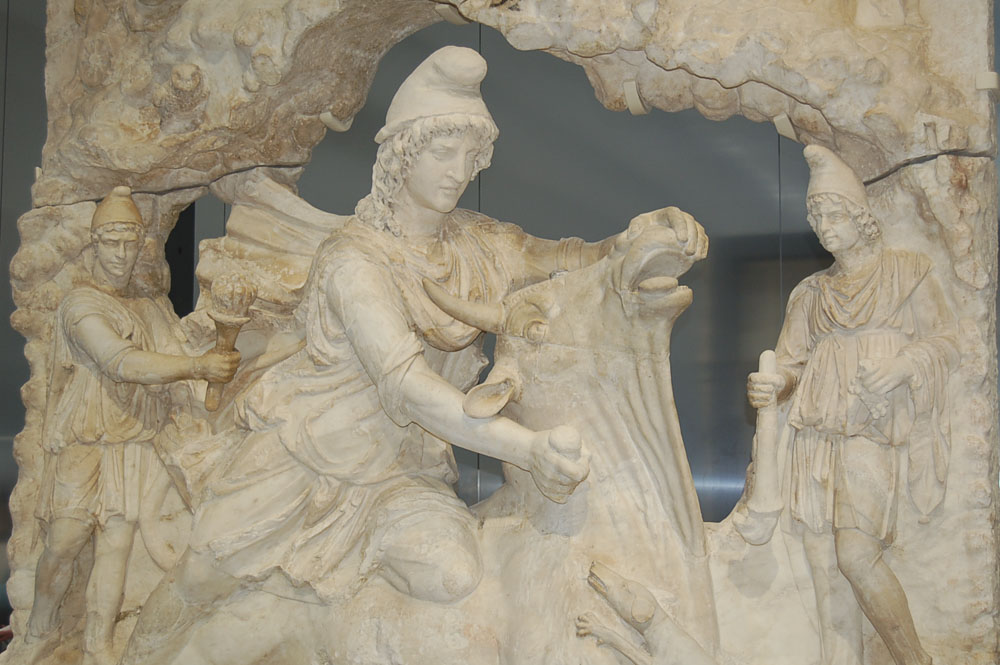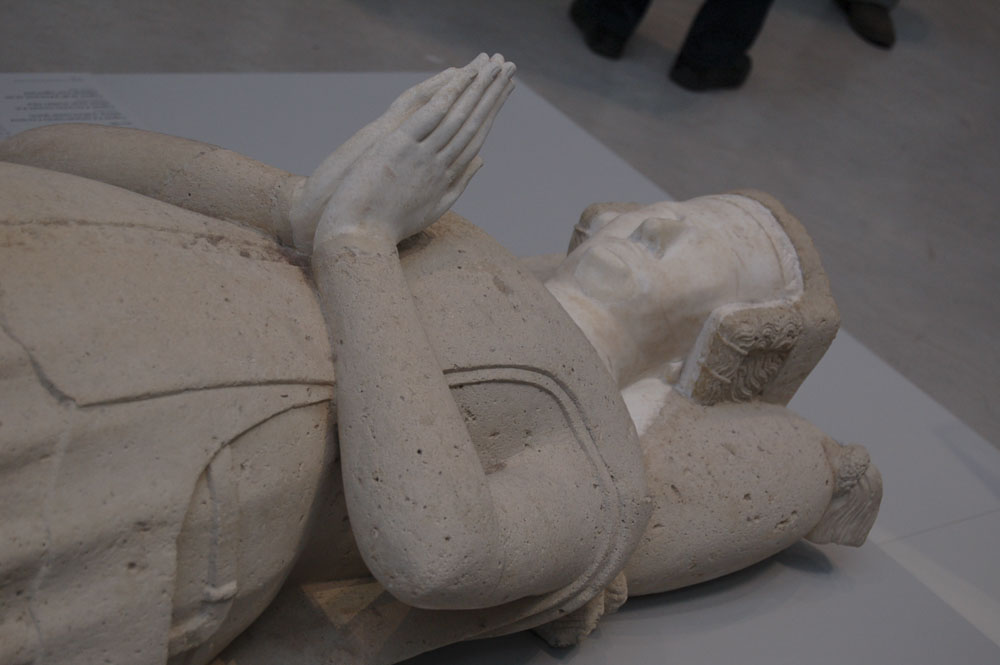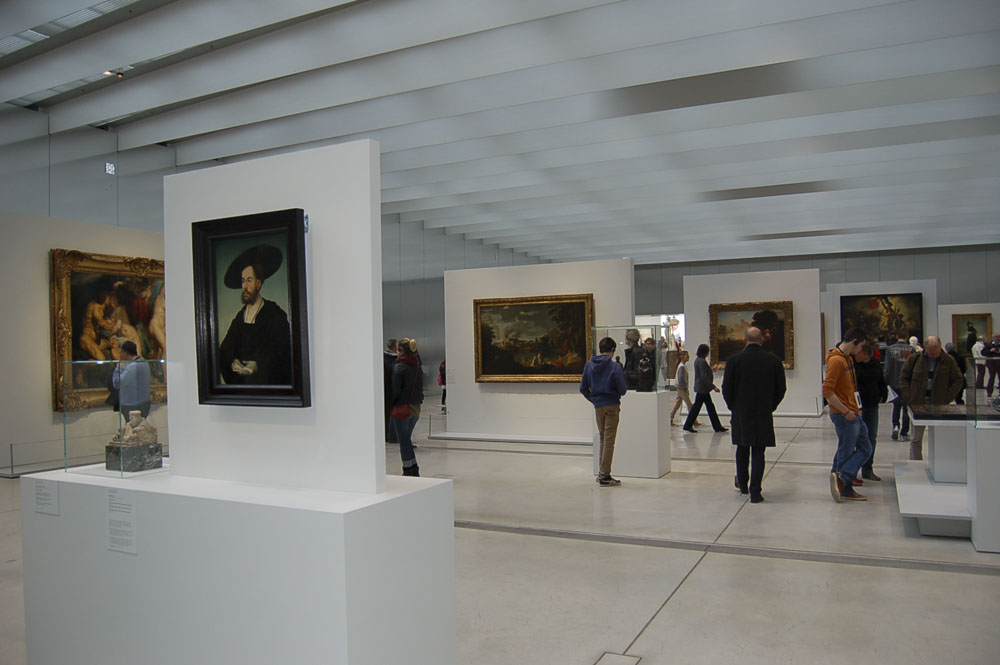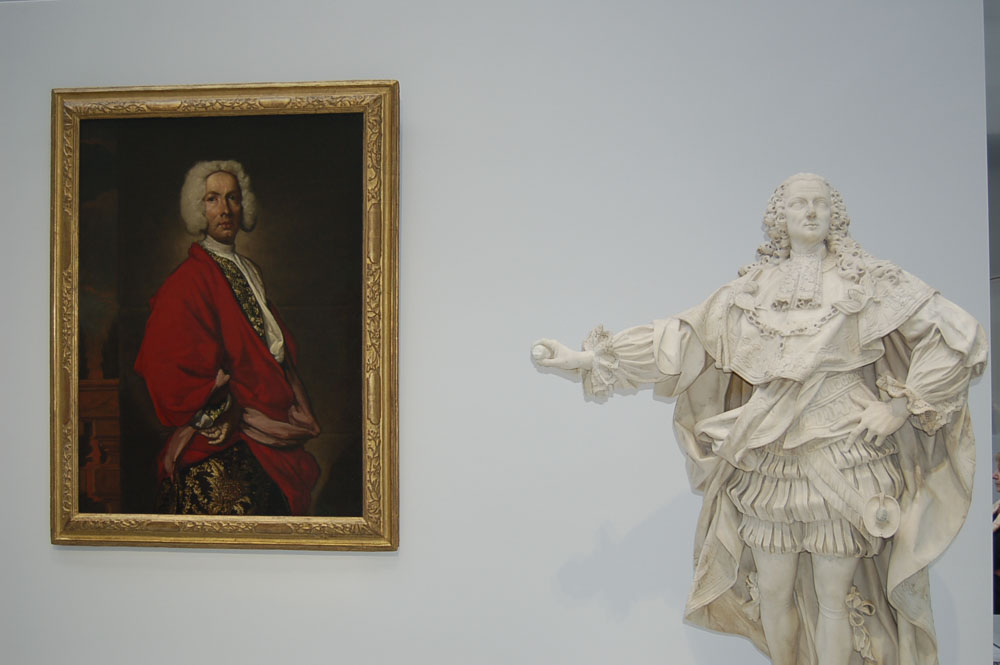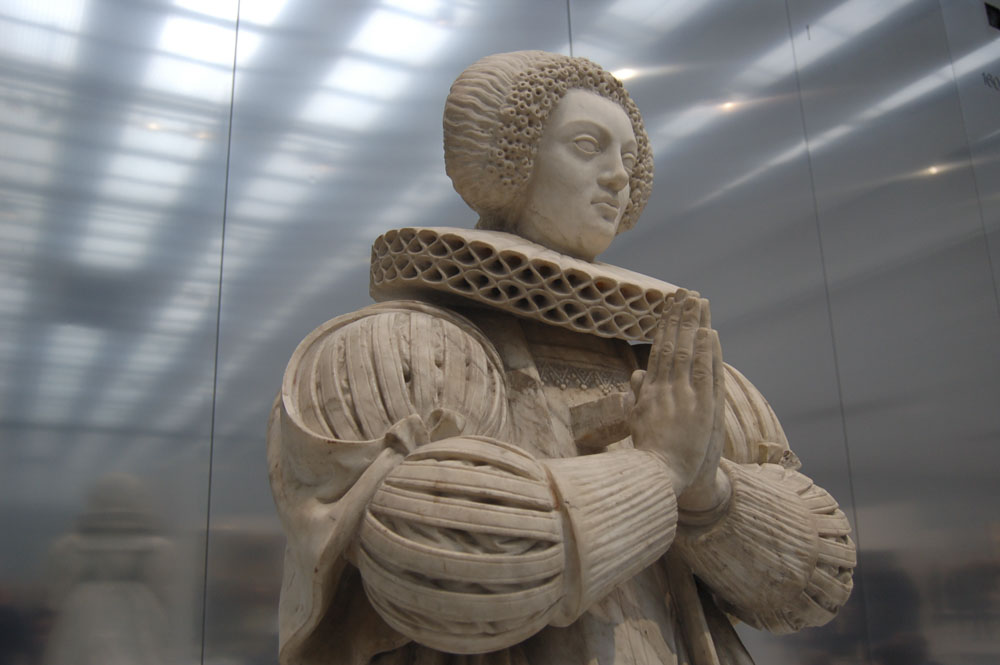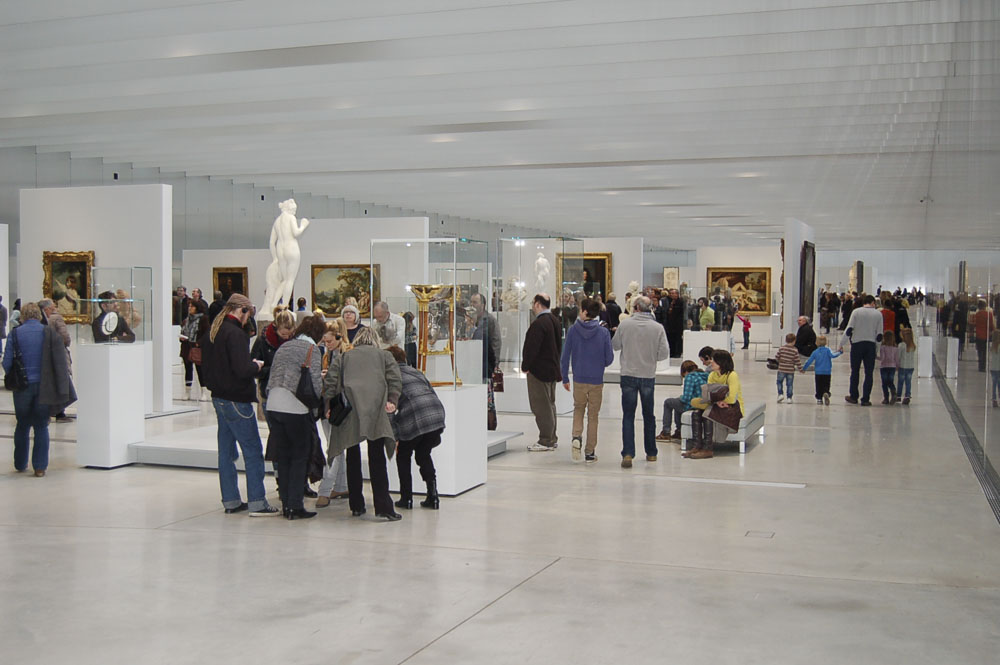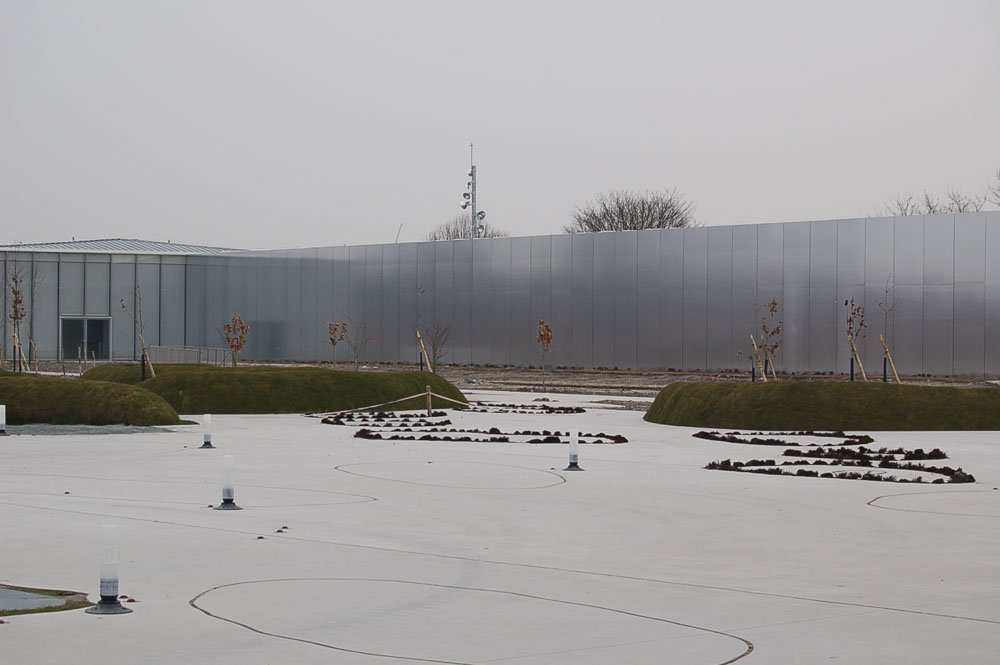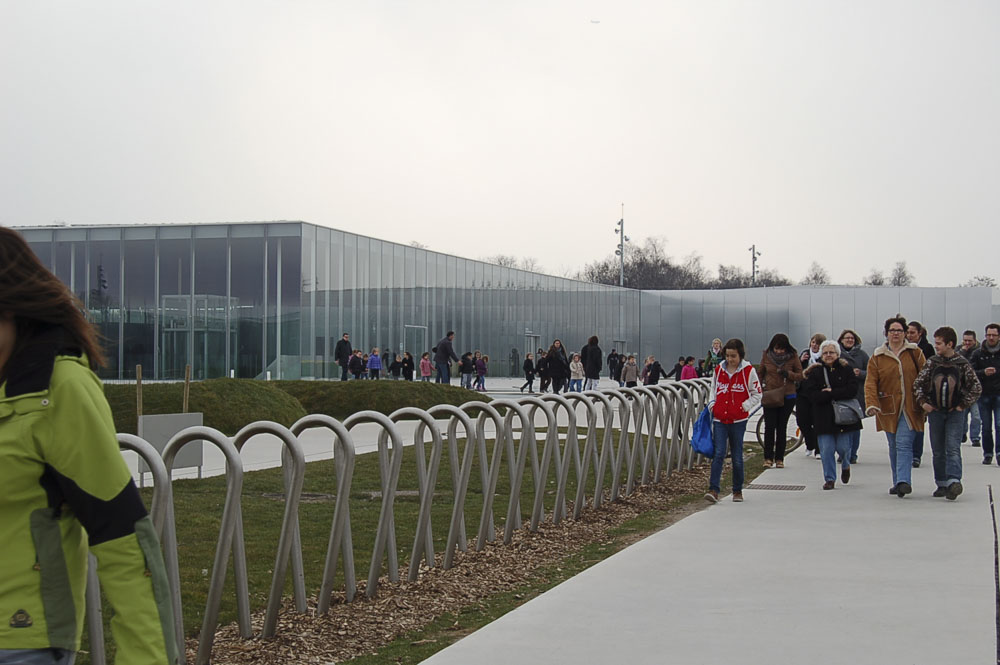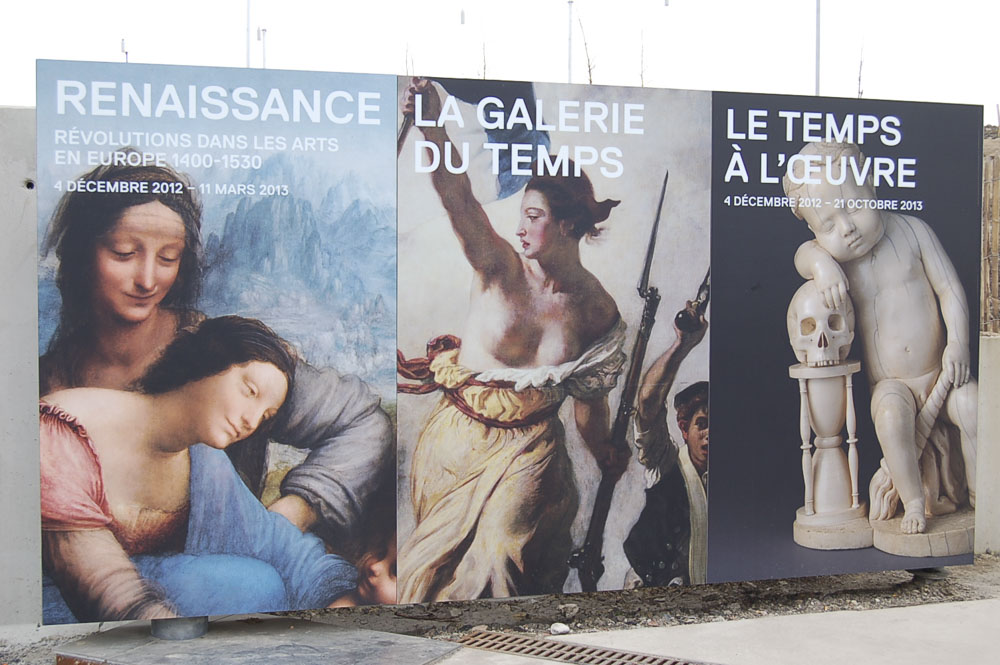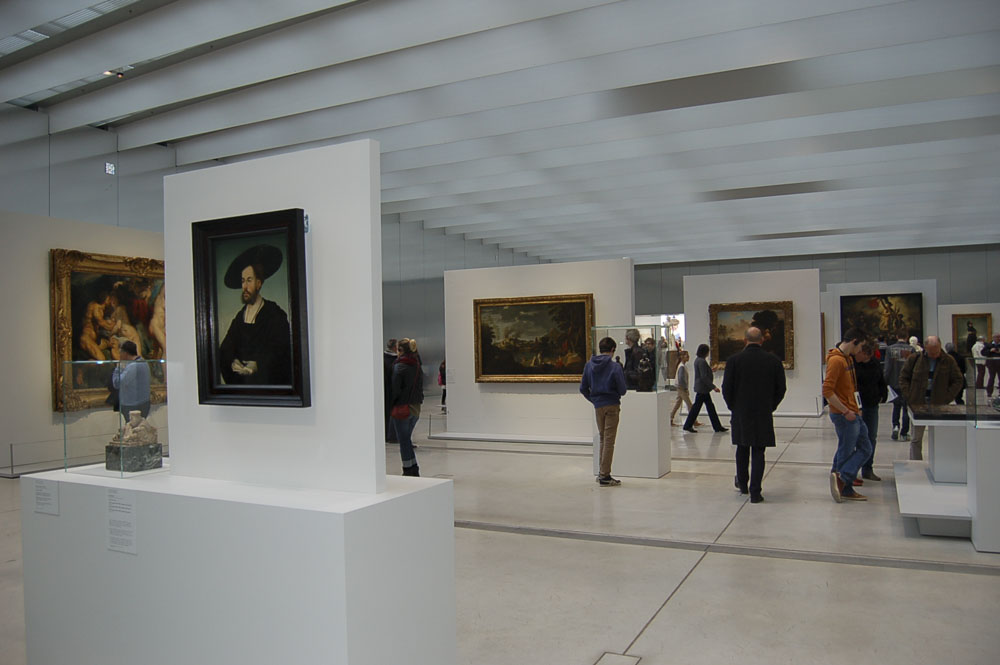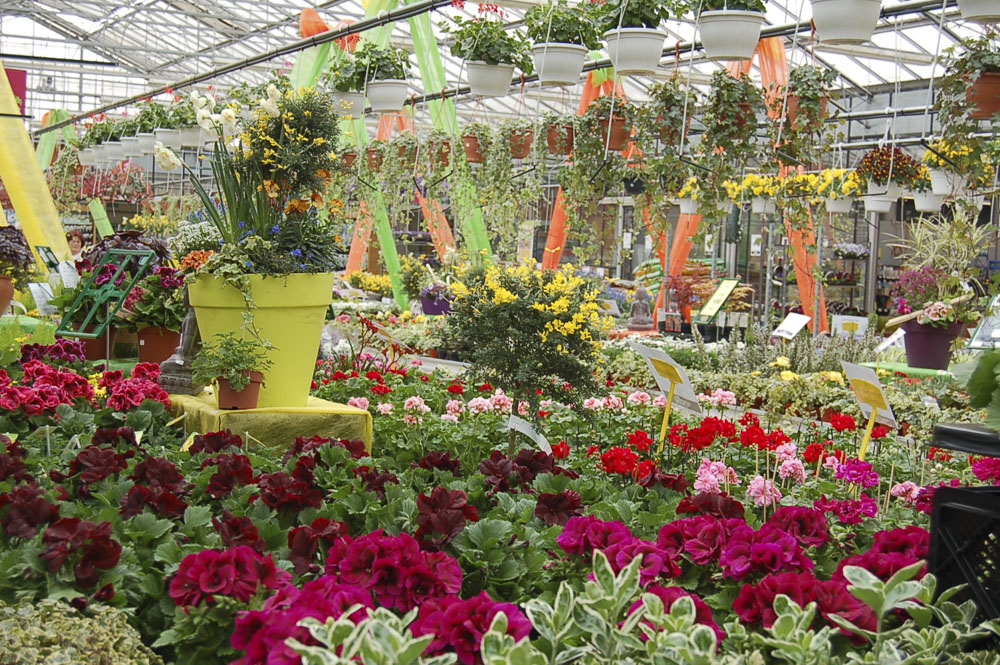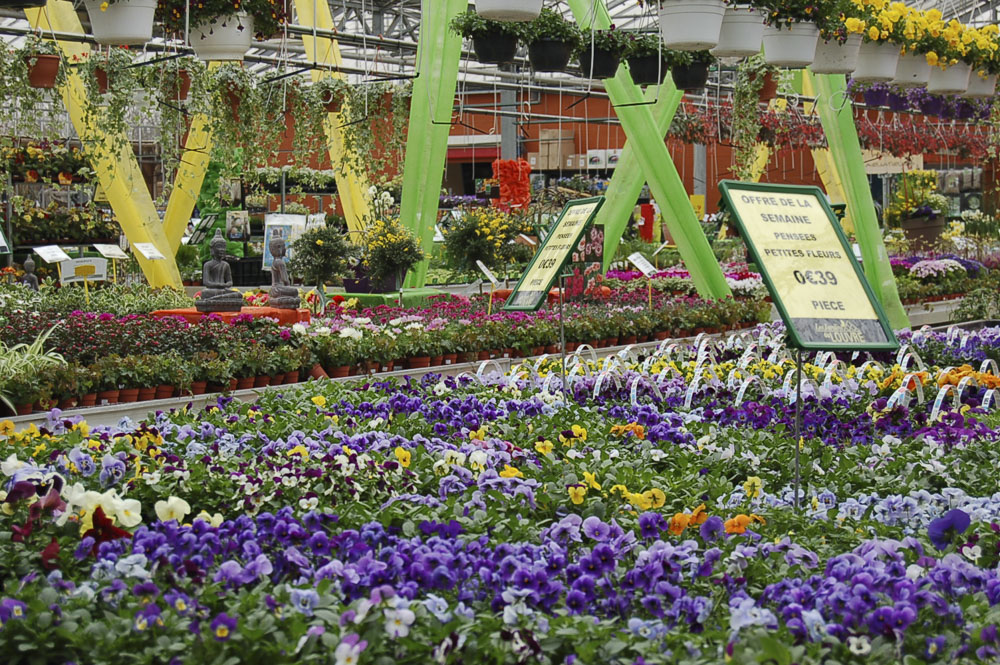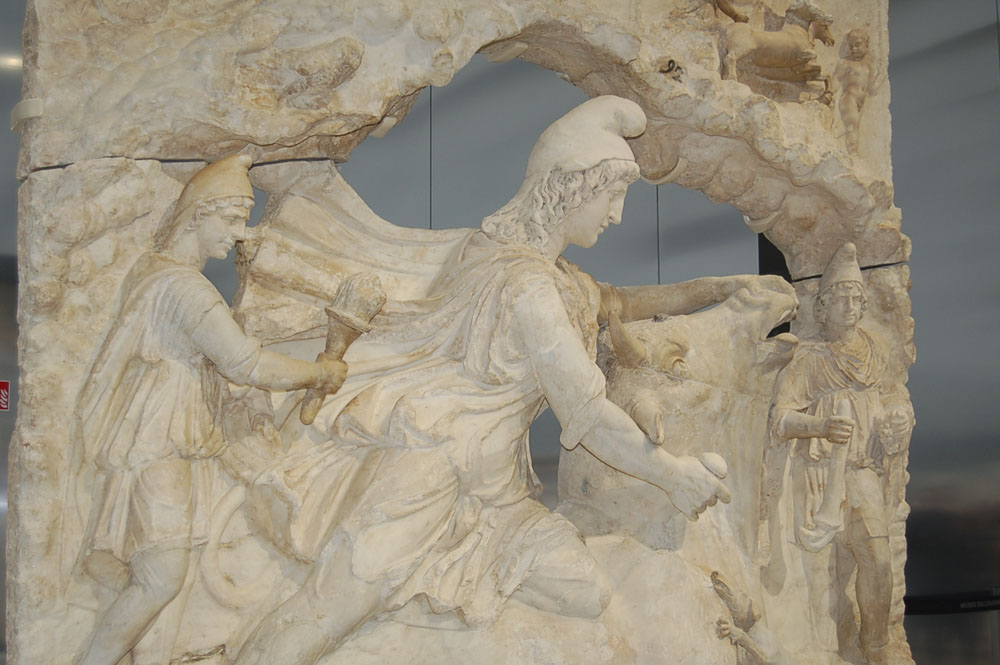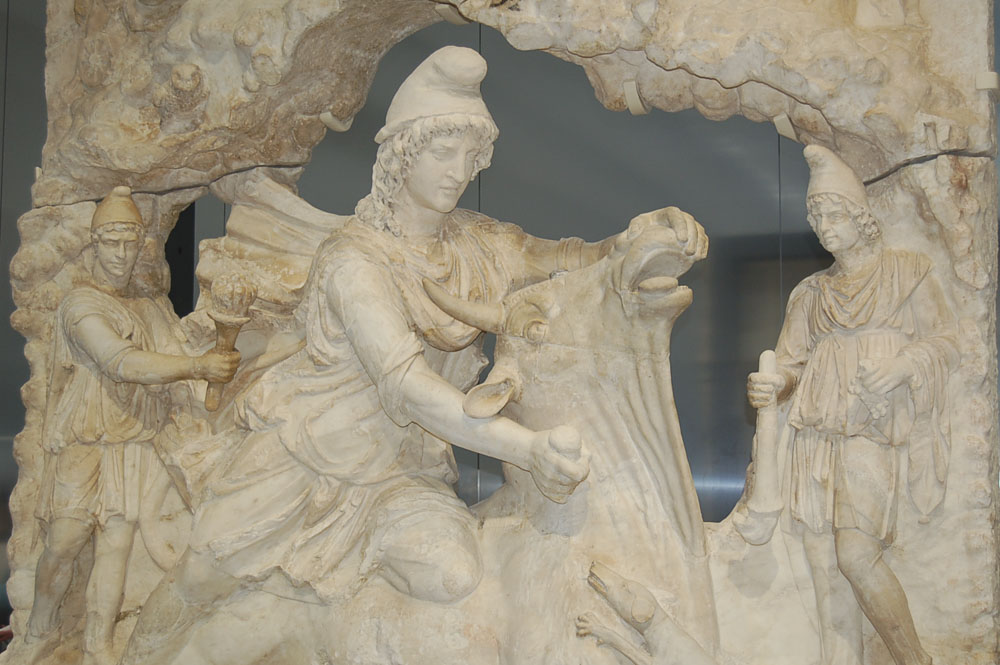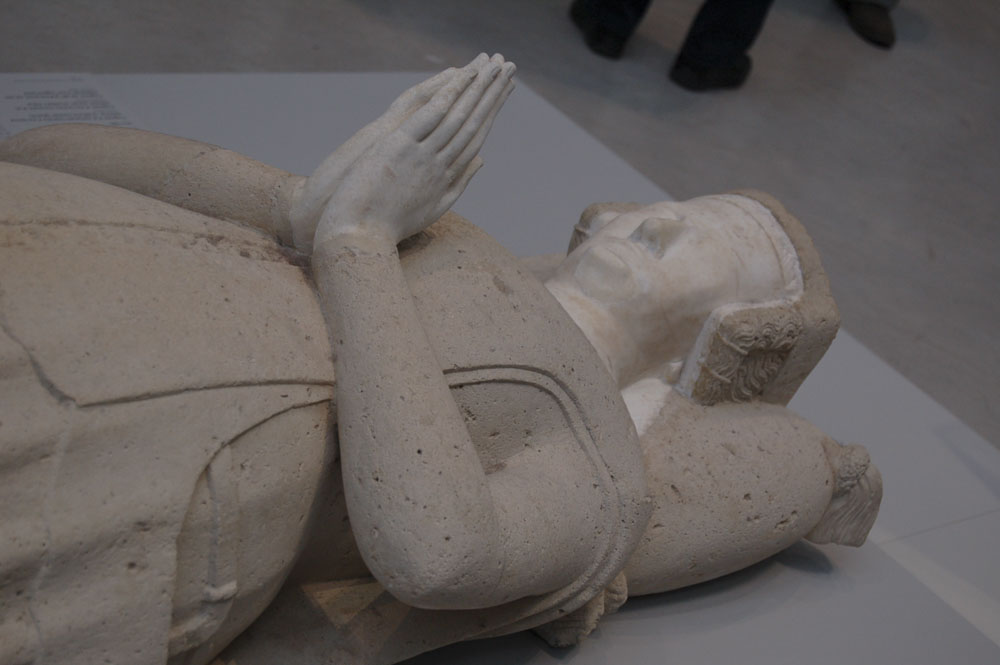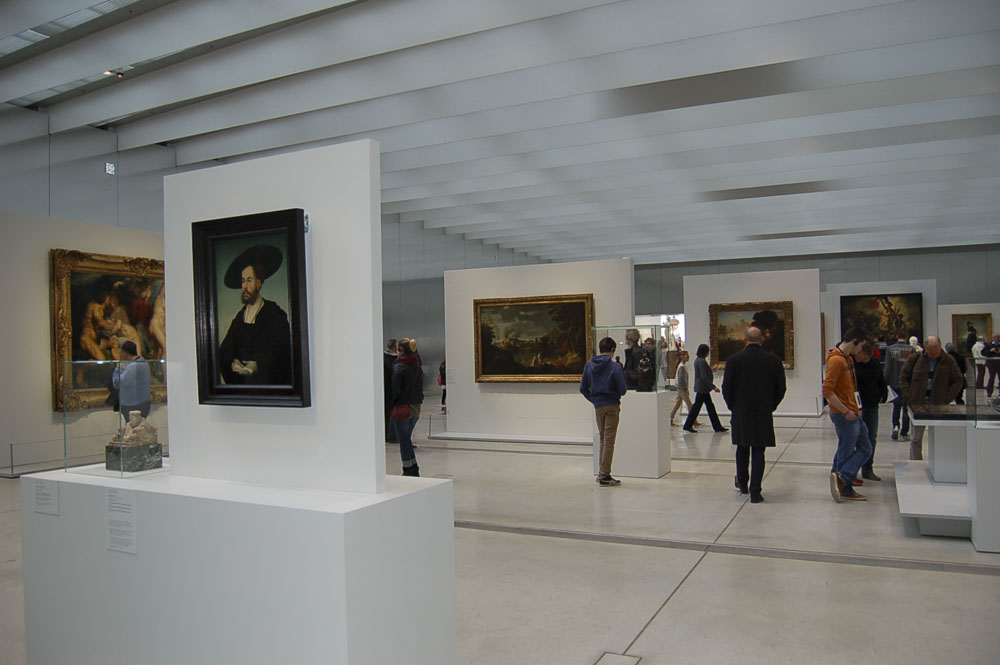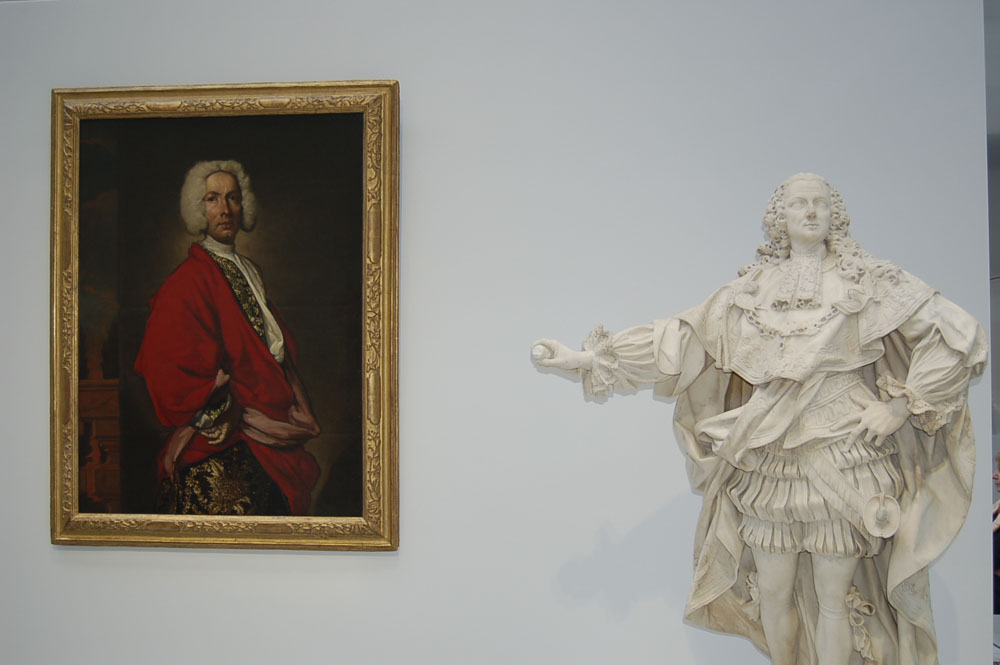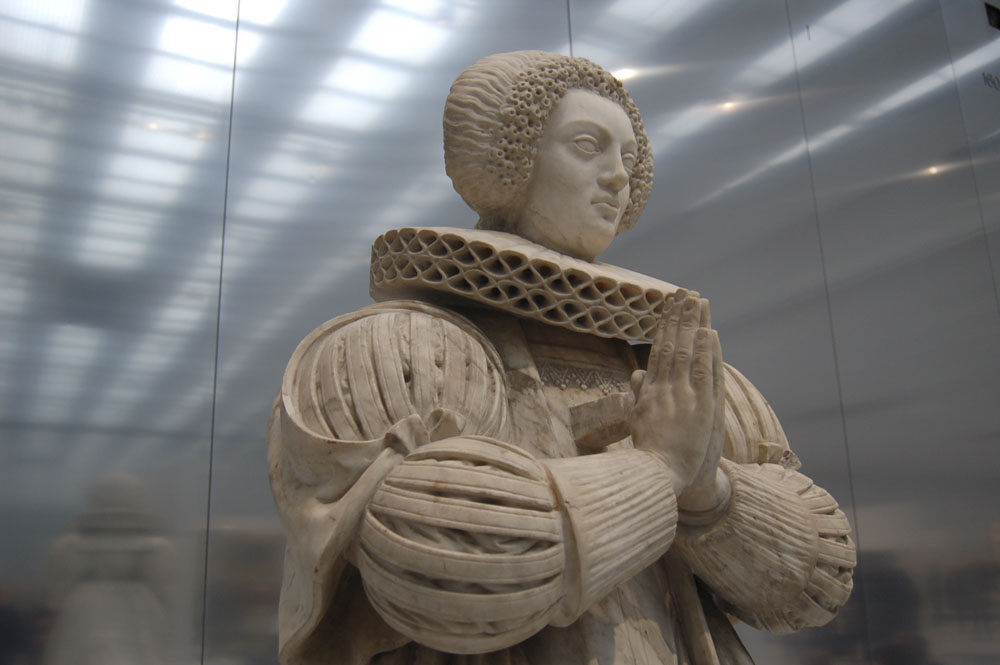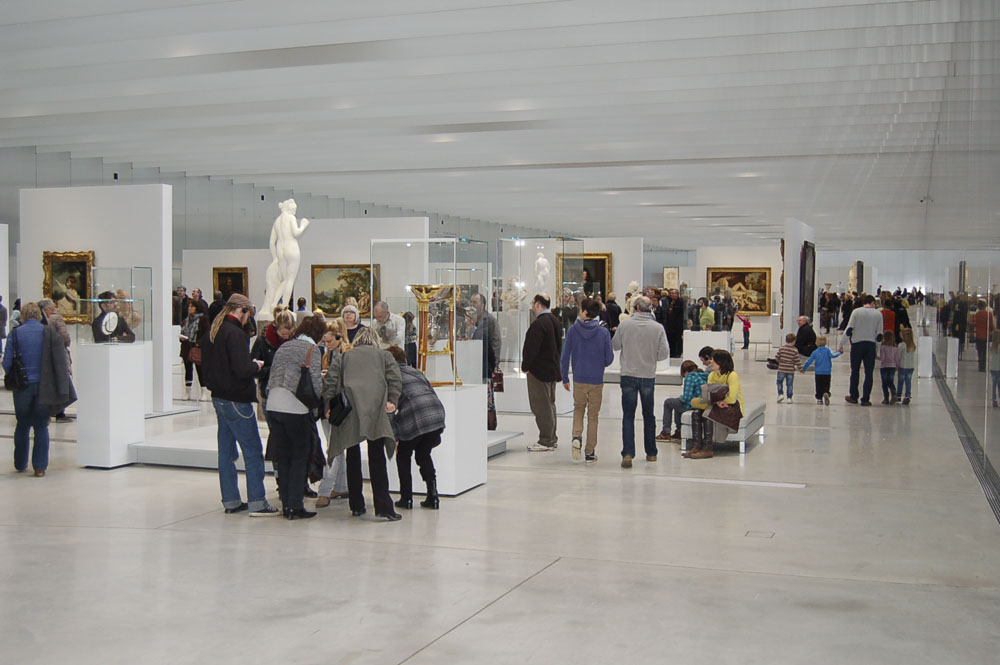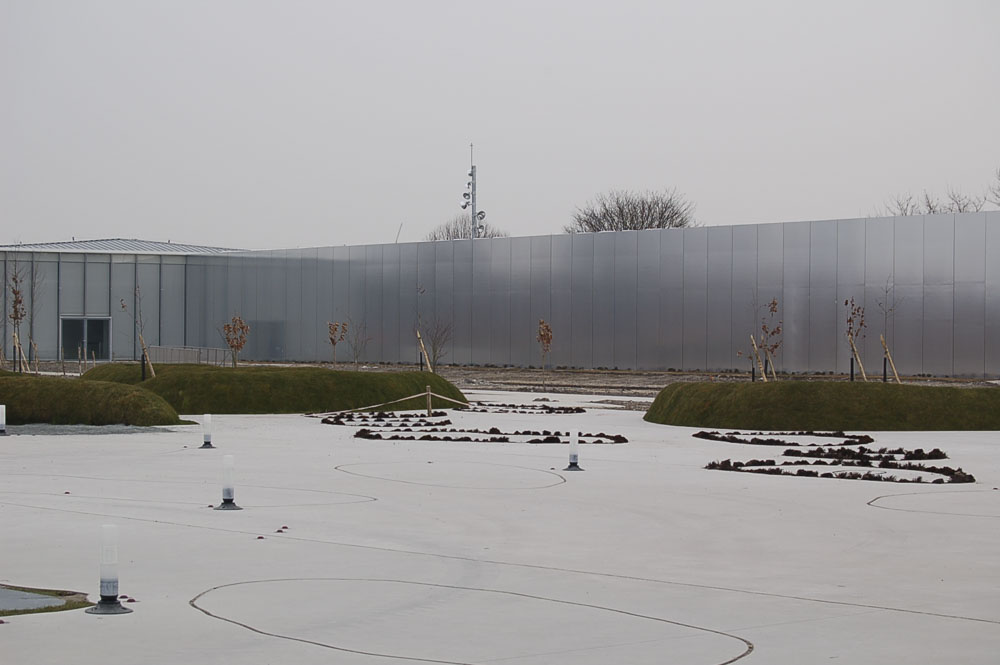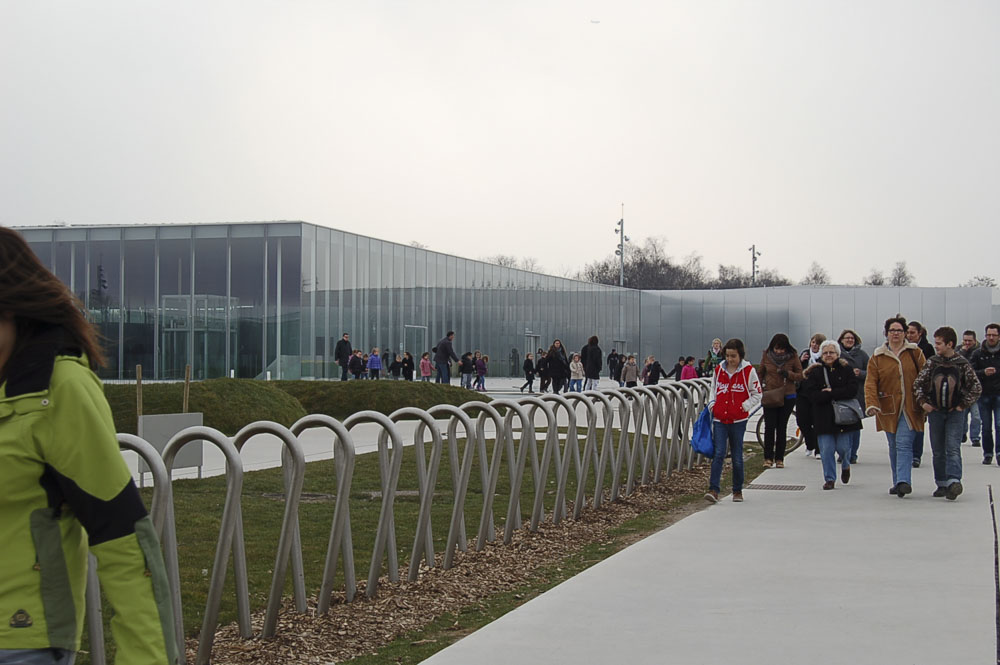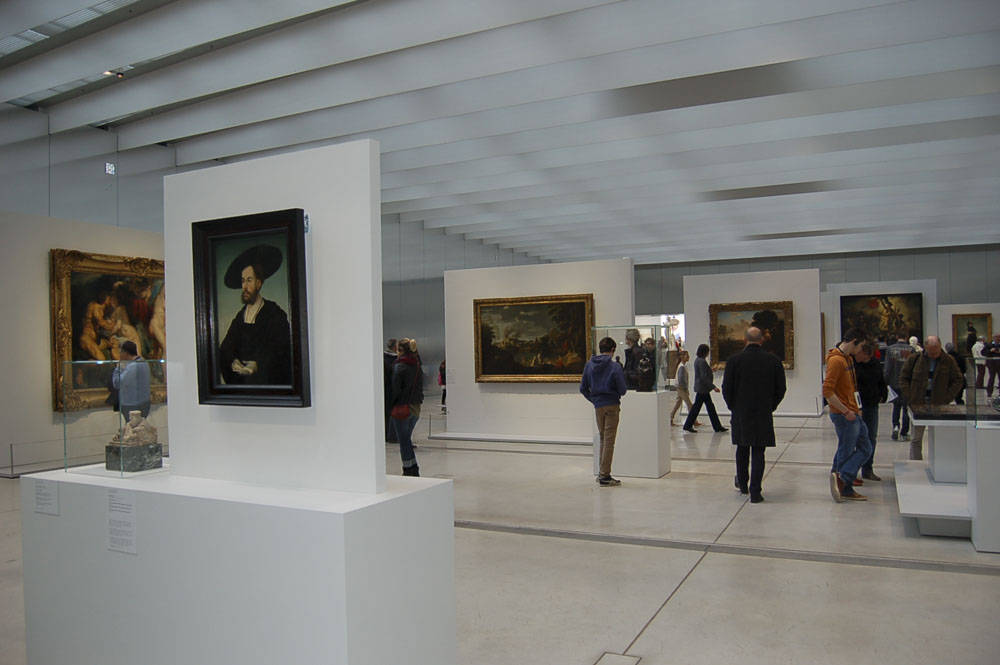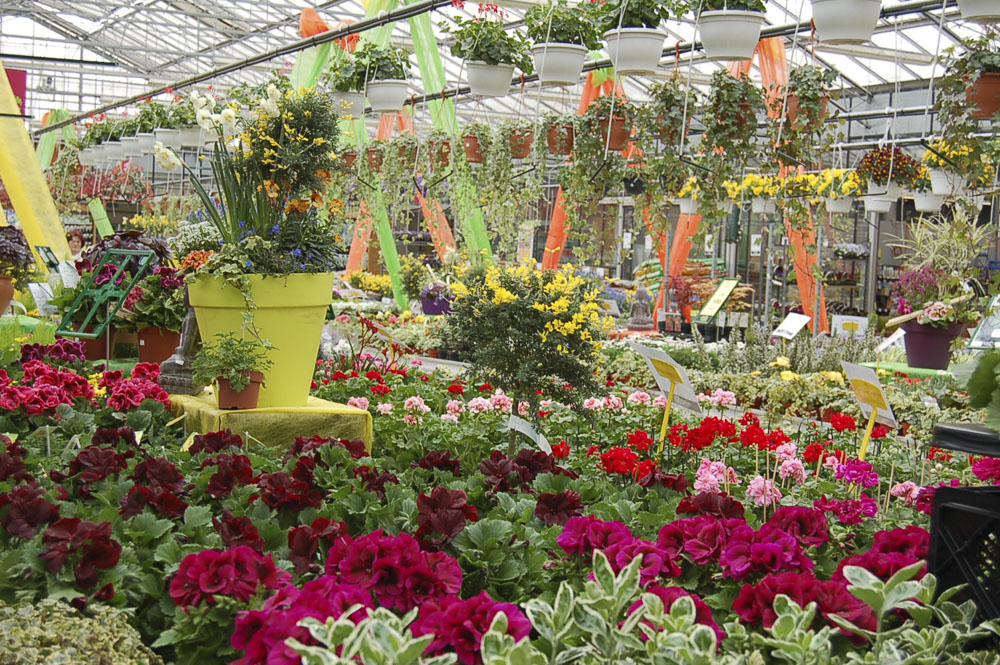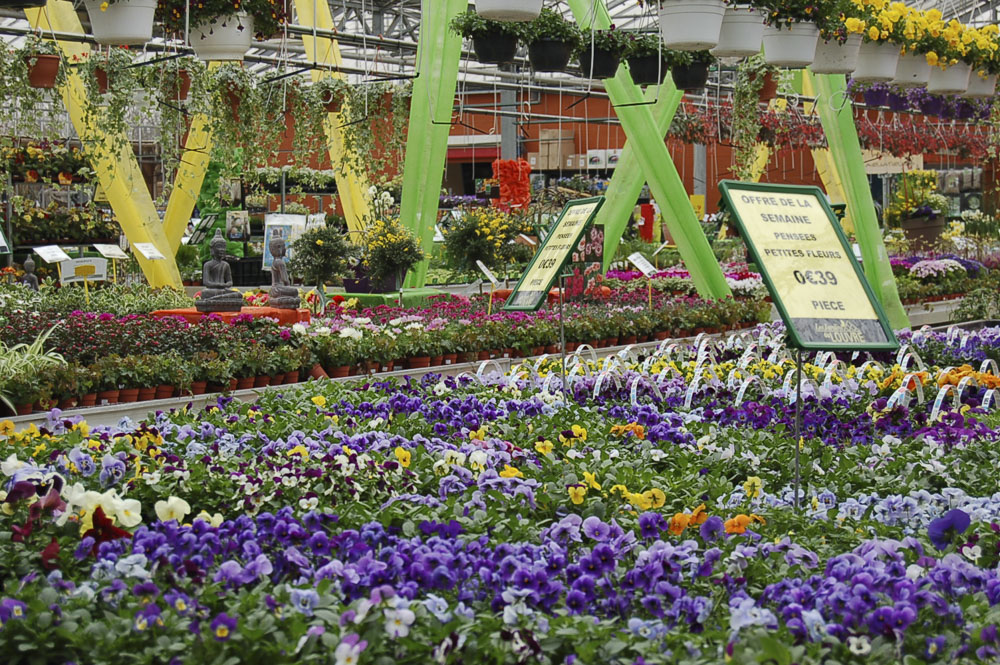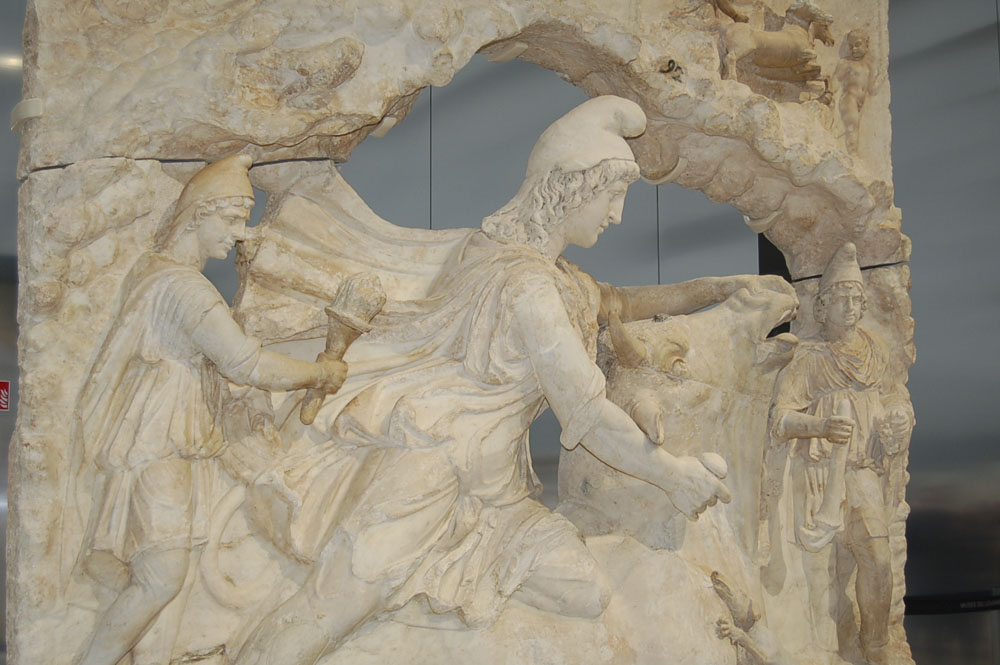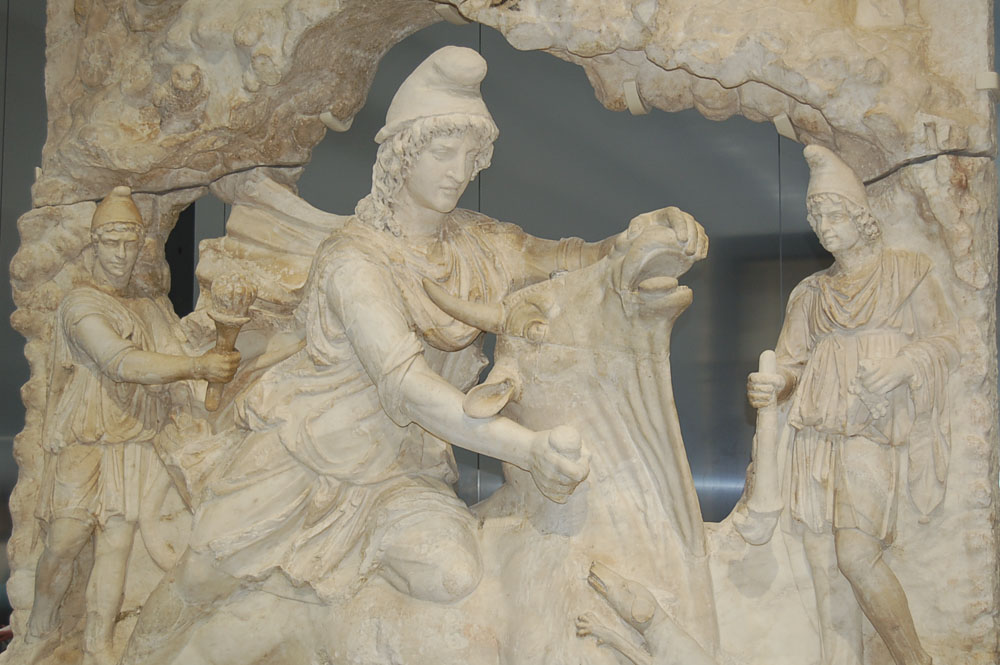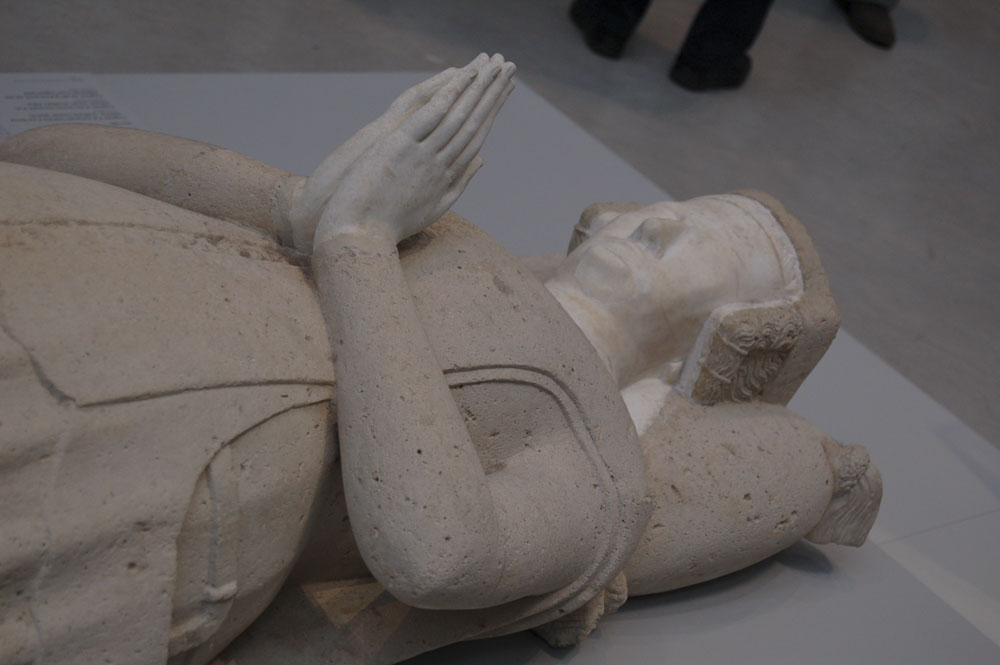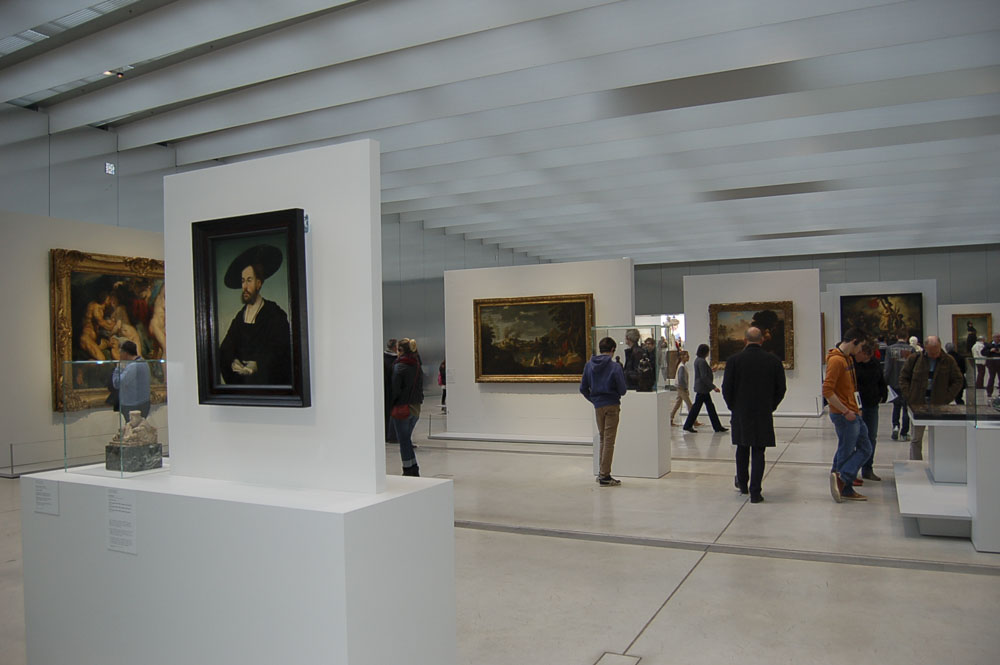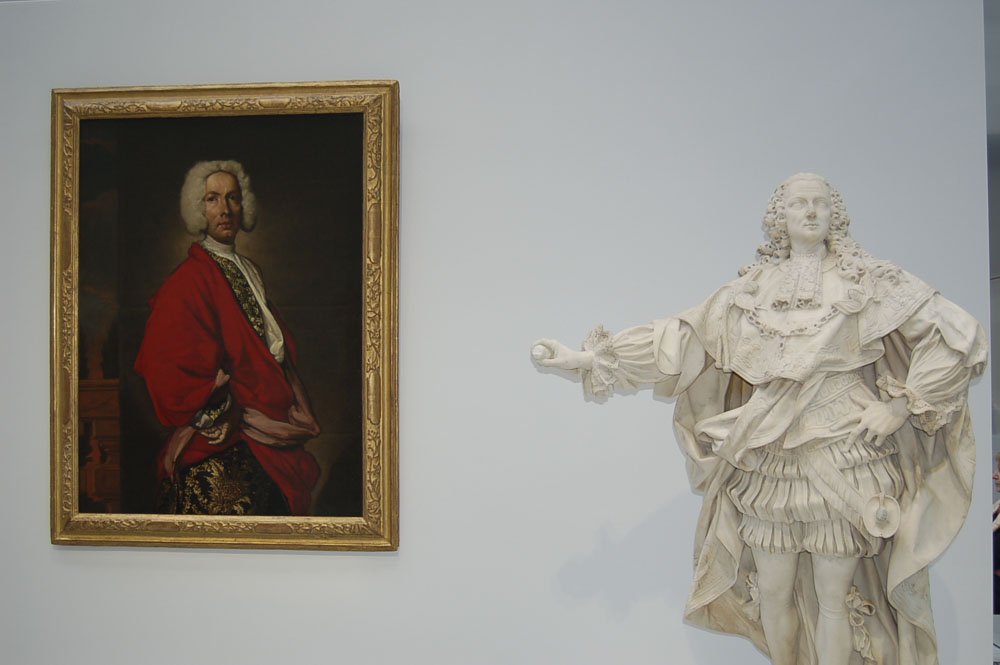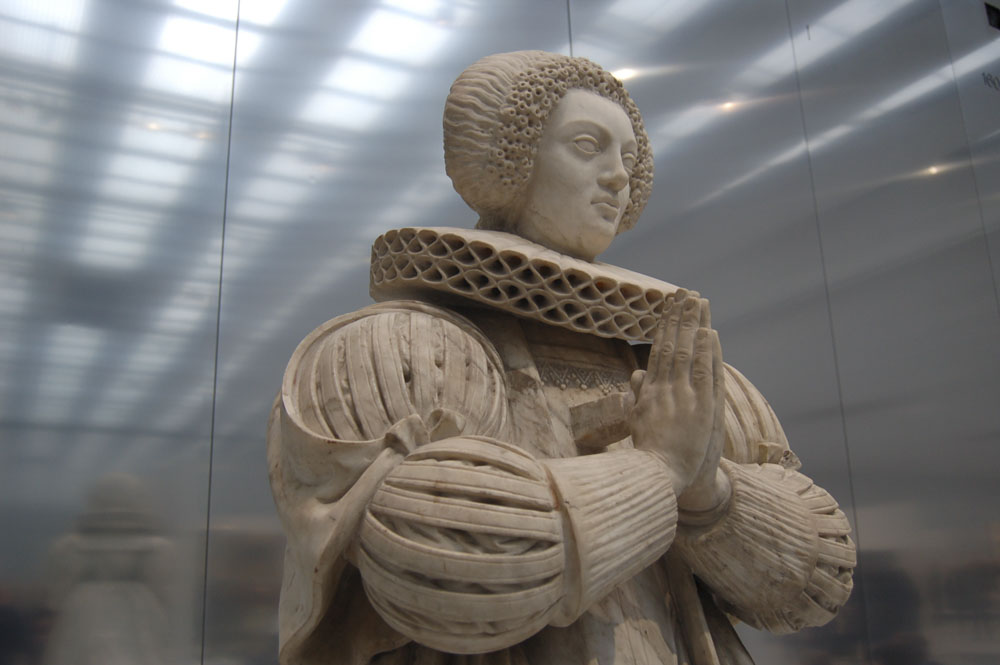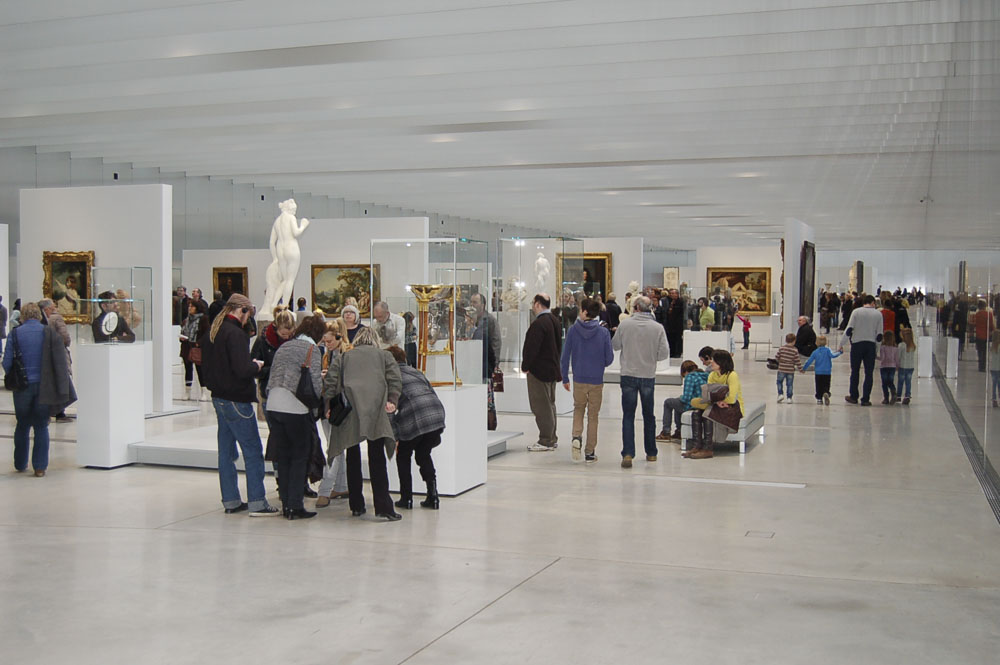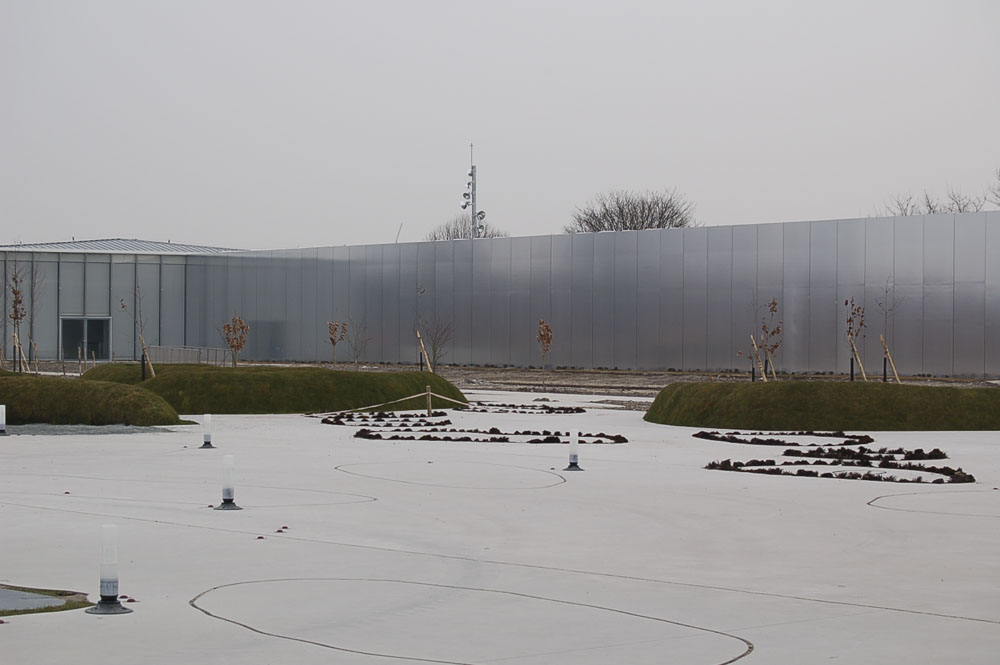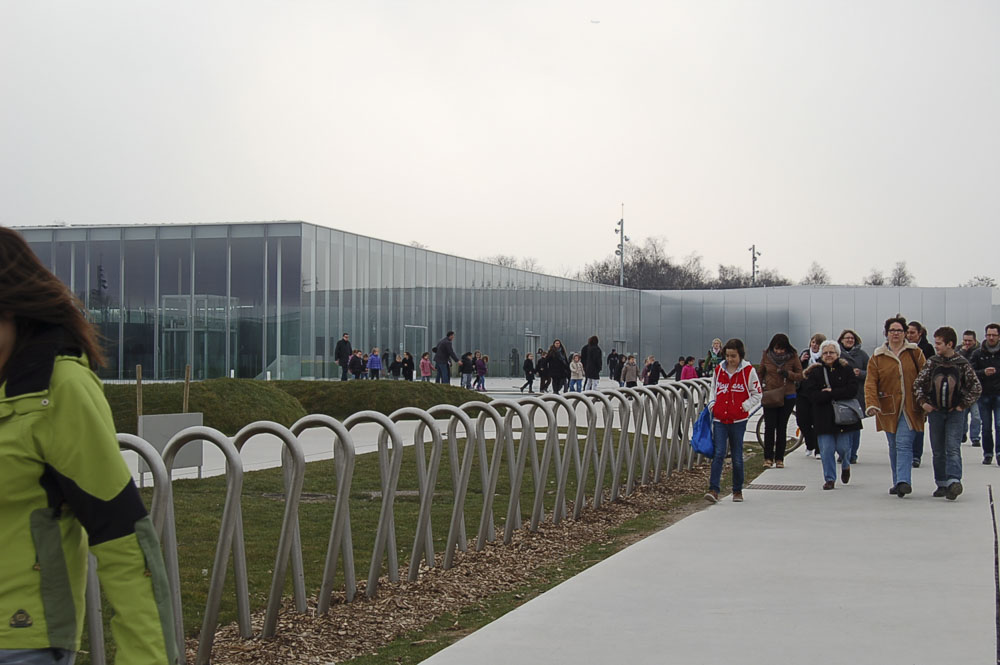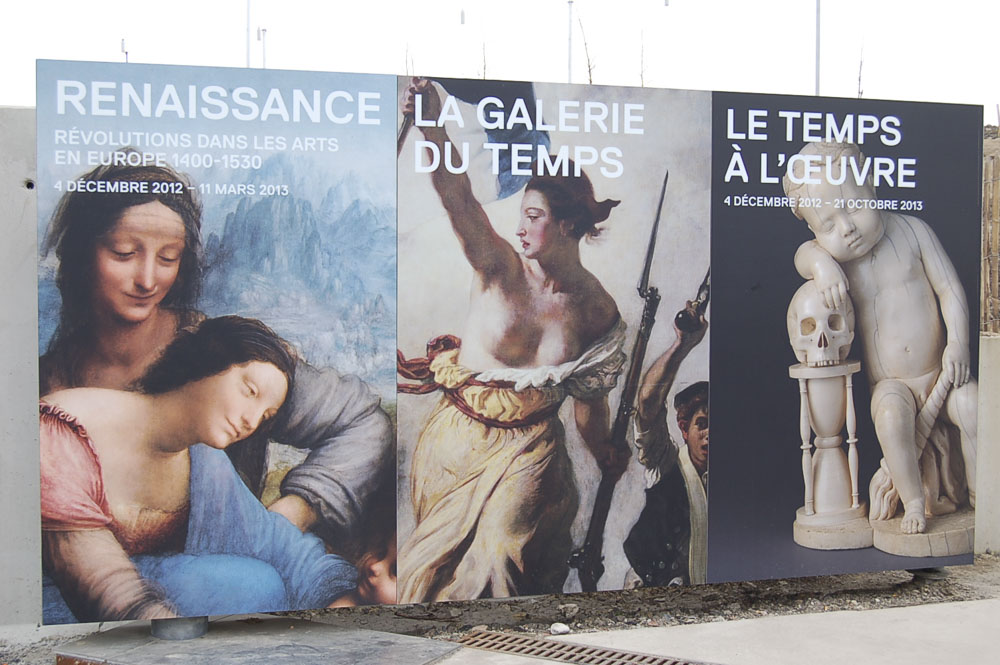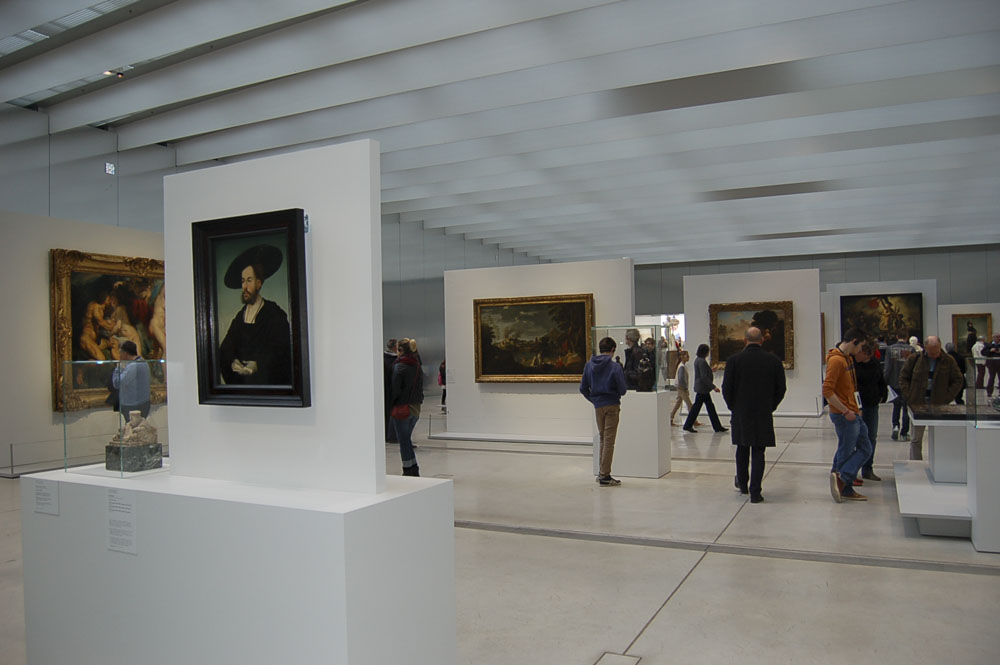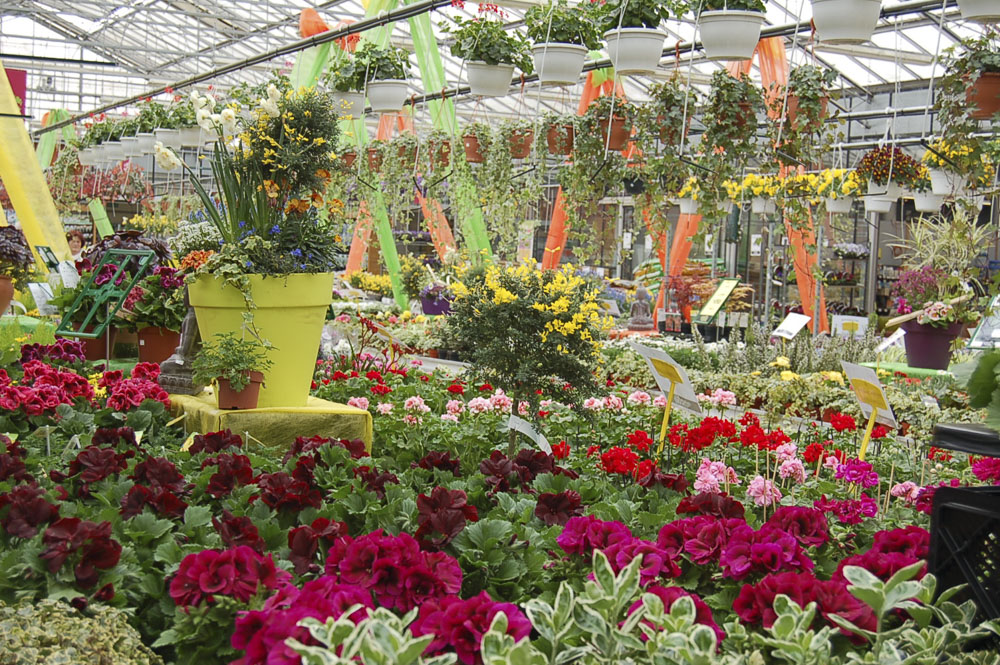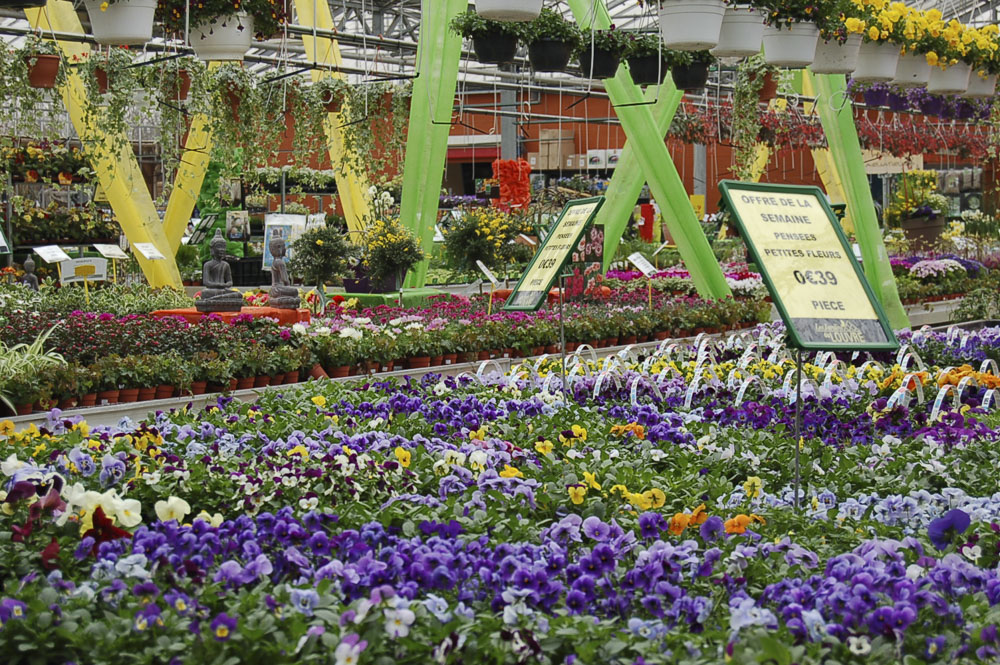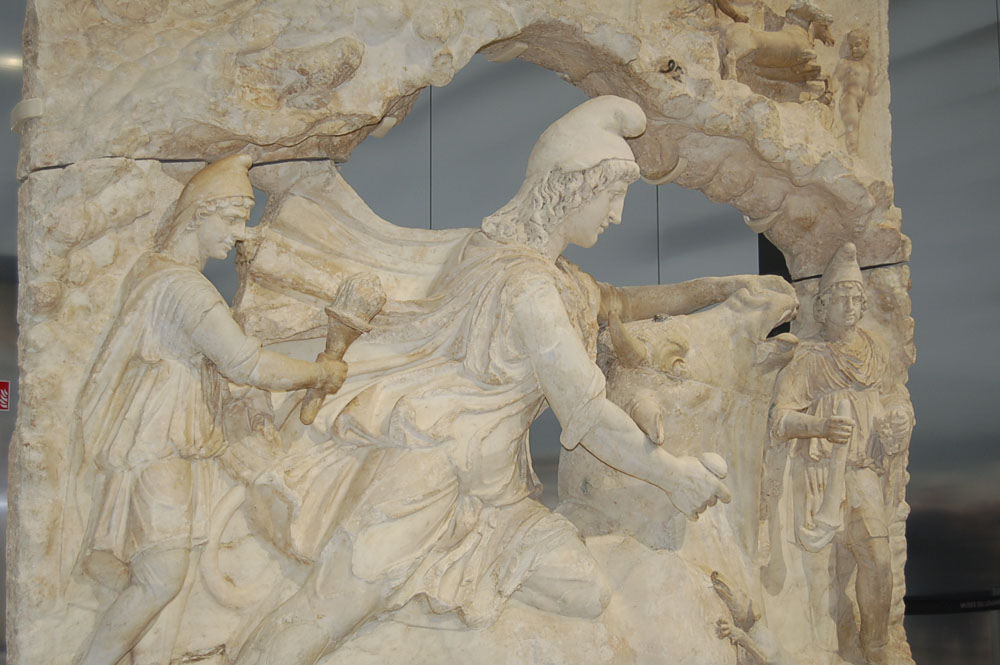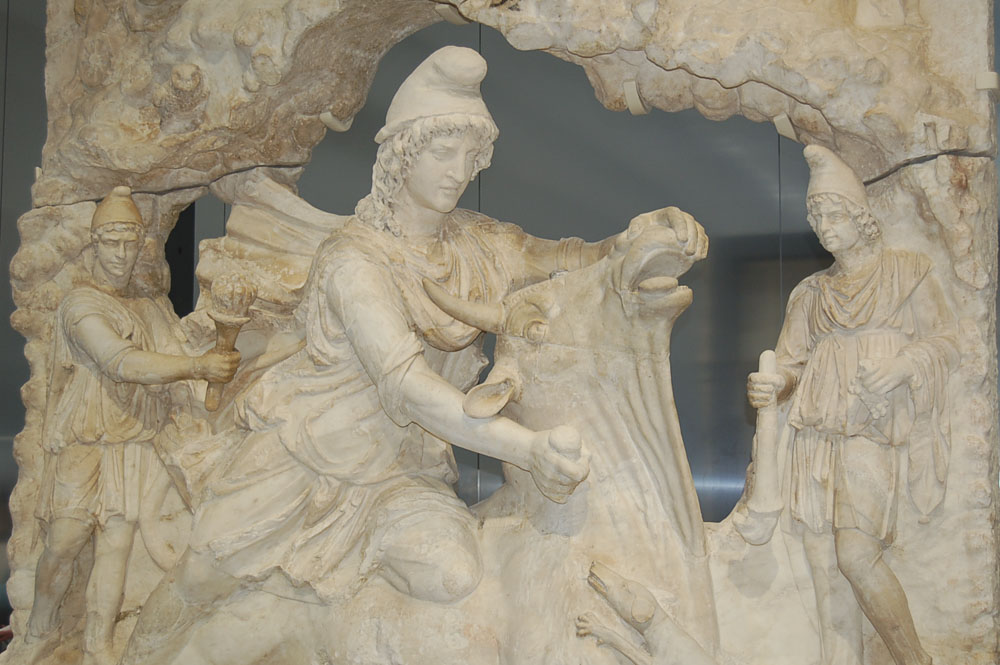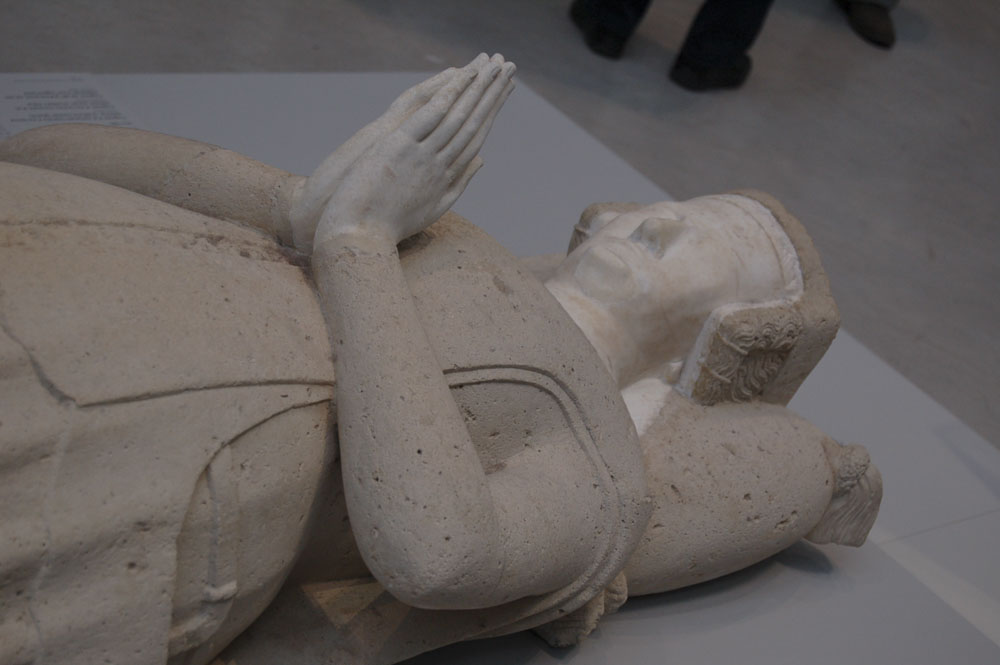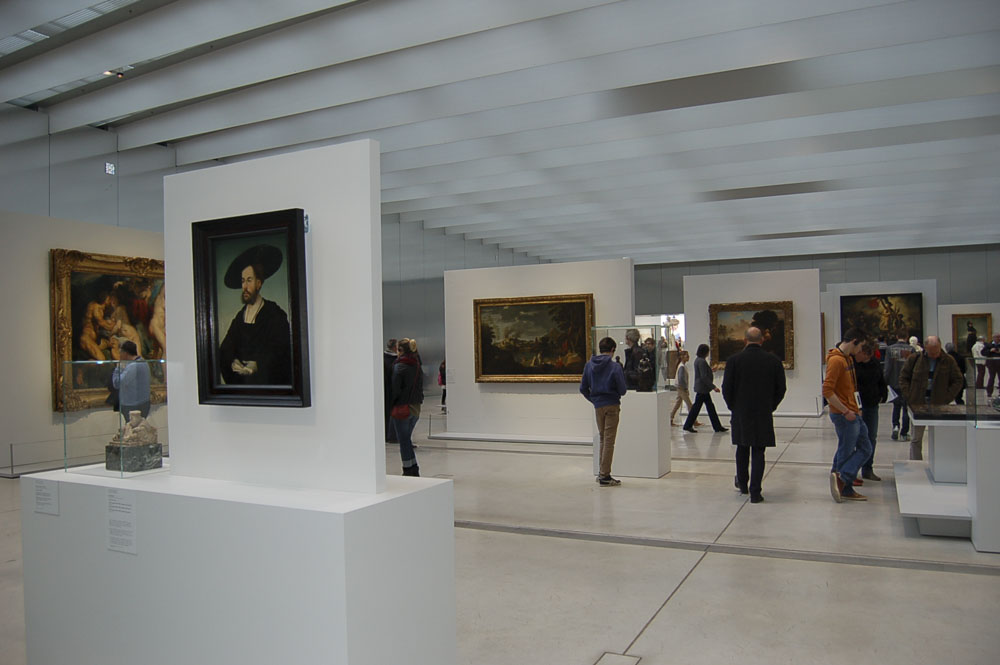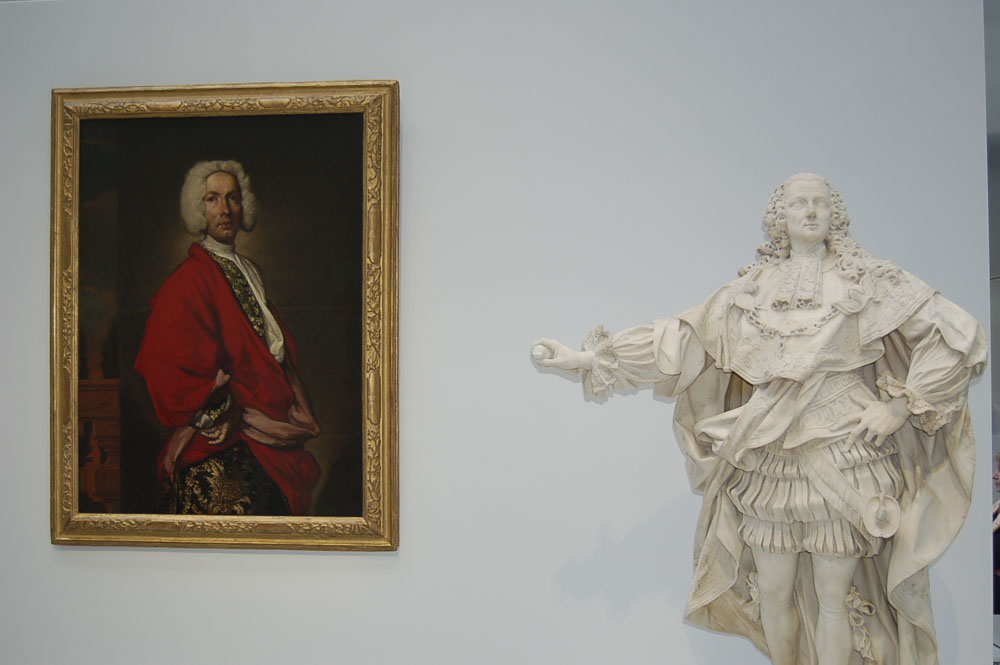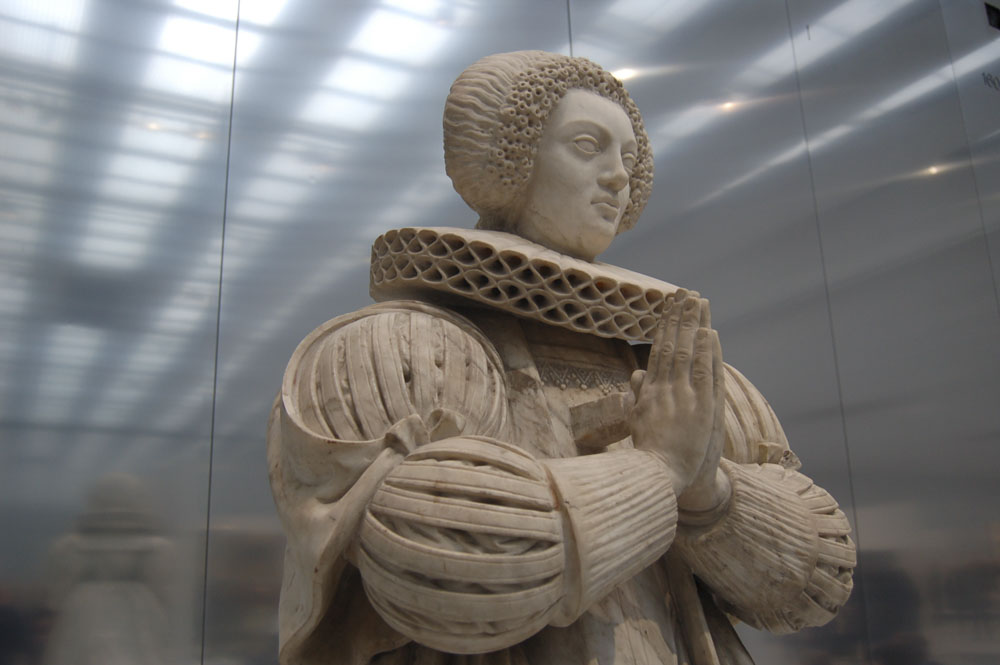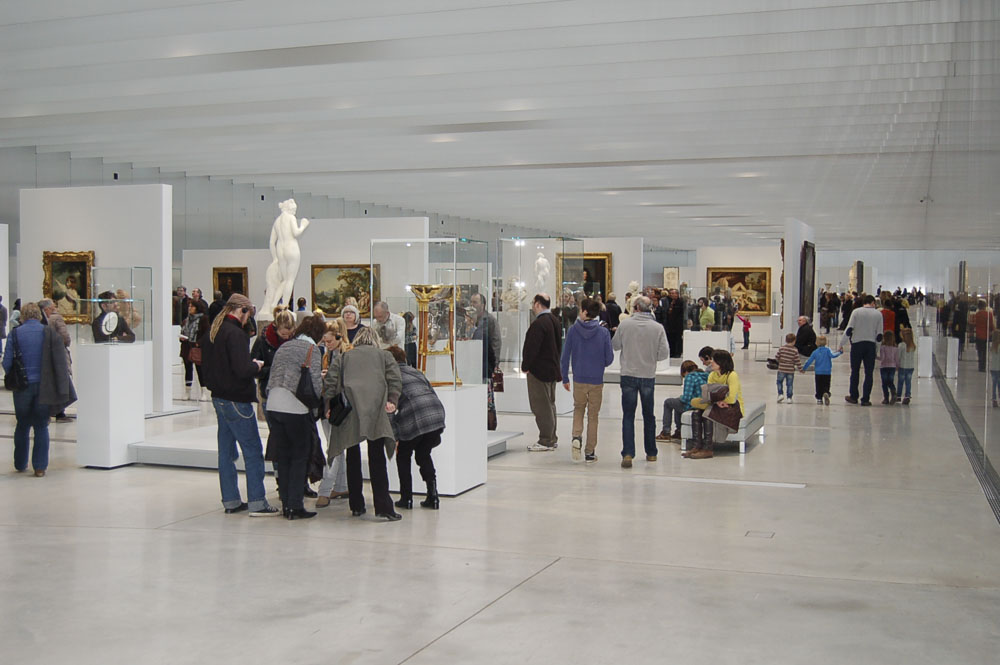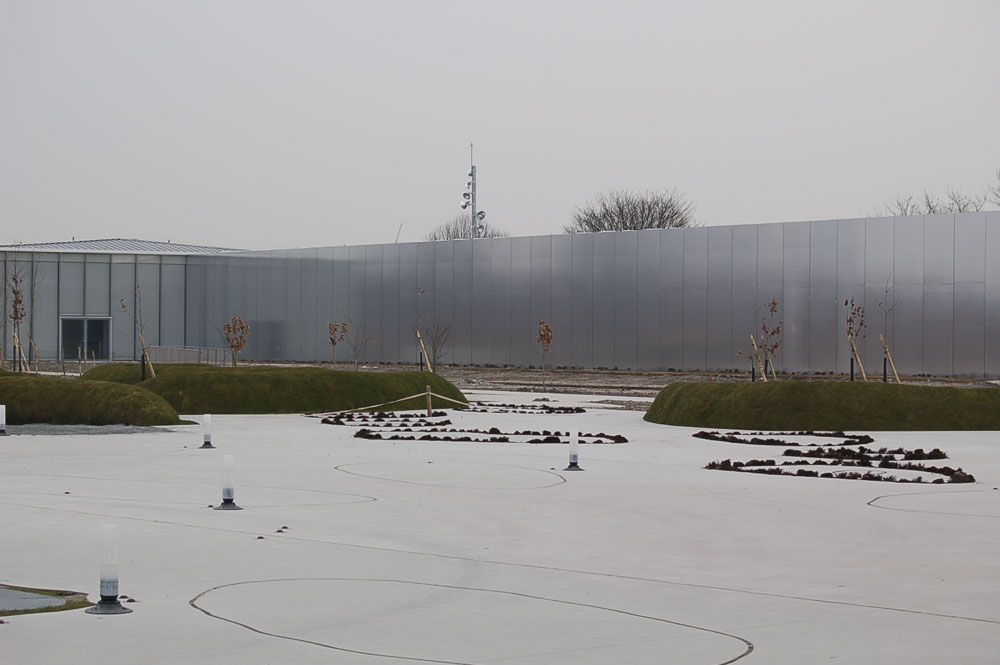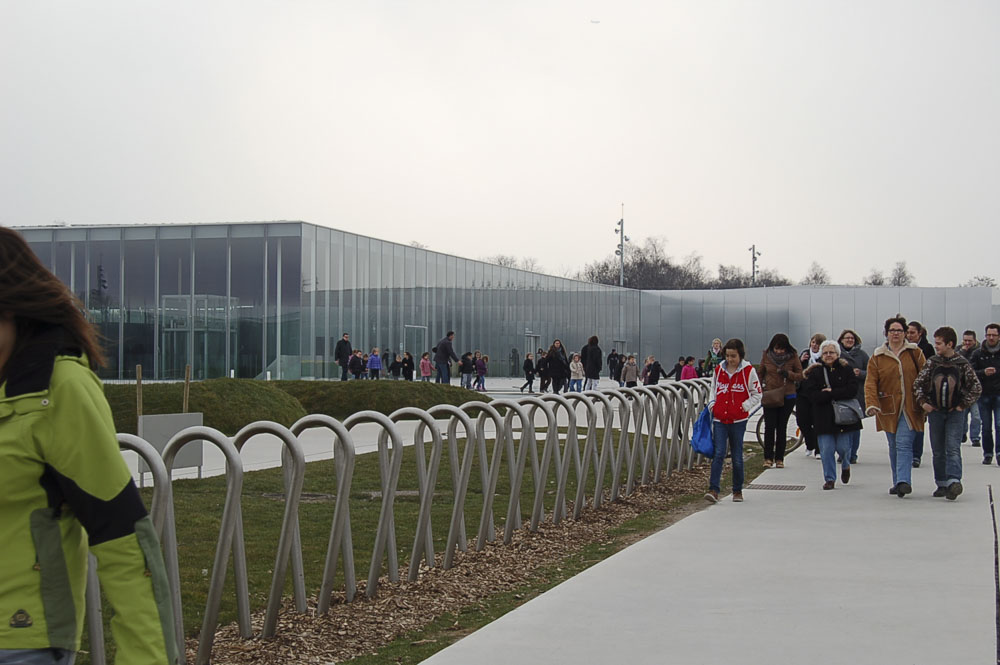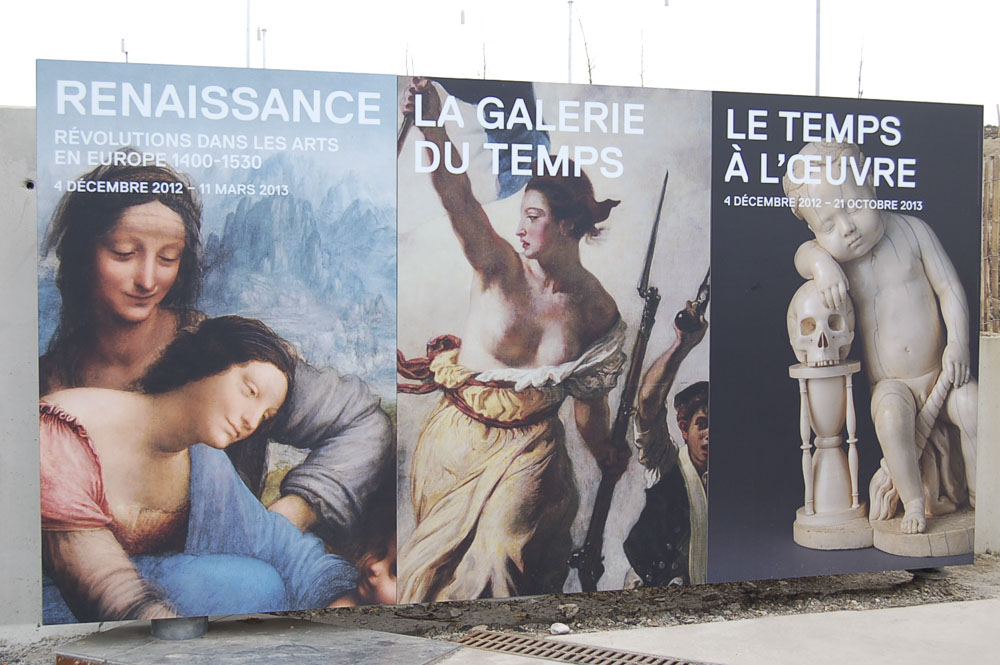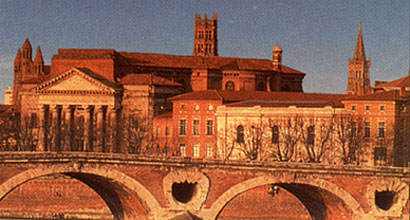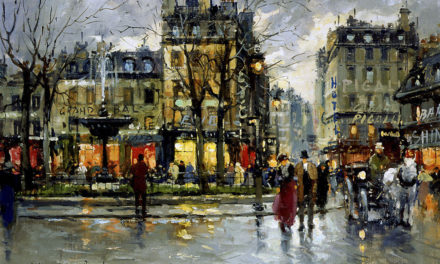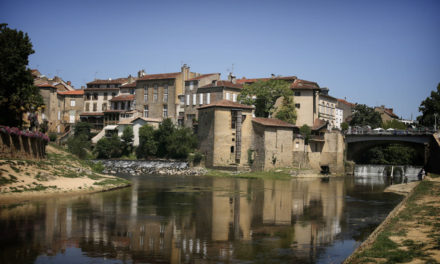Images – Copyright Informationfrance.
Lens is an industrial city in the Pas-de-Calais in Northern France near the border with Belgium. It has a population of approximately 36,000 residents. Originally the region was famous for coal mining and the destructive evidence of the First World War giving a rather depressing outlook. Surrounding the town, the landscape is freckled with the remains of its mining history and deeply dug wartime trenches which have left a unique landscape. However, it is undergoing a revival and is now a thriving community with a university and the recently opened Louvre-Lens art museum. There is an accent on attracting visitors to explore the area which includes several museums, historic cemeteries and an internationally renowned sports stadium. 17 km from Arras, the department capital, and an hour and a half’s drive from the Channel ports (Calais 90 km ), Lens is easily accessible from the UK and is an interesting place to stay while discovering the Pas-de-Calais.
Book a Hotel in Lens
History
Lens was part of the Spanish Netherlands in the 1520s and was only returned to French ownership in 1659. Coal was discovered in 1849 which created wealth and boosted the local economy for over a hundred years making it an important industrial centre. Mining ceased in the 1960s causing a general decline and the area had almost double the national unemployment rate.
The cultural aspects of the Nord Pas-de-Calais towns and villages give a visual history
epitomised by the Romanesque, Gothic and Baroque styles of the local architecture. They are grandiose buildings and pay testament to the flourishing local democratic revolution which took place between the 11th and 17th centuries.
The city was reduced to rubble during World War I and suffered enormous bomb damage by Allied troops during its German occupation in World War II. There are many war memorials nearby including one at Vimy where the battle of Vimy Ridge was fought and 3 miles northwest of Lens, the Battle of Loos took place.
Today, with the opening of the Louvre-Lens museum and an emphasis on youth and culture, the city is encouraging entrepreneurs and companies to invest in local business opportunities. With a population of half a million residents in the metropolitan area, a programme of redevelopment is taking place which is predicted to transform the area within ten years.
Attractions
Opened in December 2012, the Louvre-Lens art museum, a branch of the Louvre in Paris, exhibits works of world importance. It is built on an old disused colliery site and is located in an 48 acre landscaped park which is also open to the public. The building has been designed by Japanese architects and is a succession of four inter-connected rectangles all made from steel and glass in a single storey. It is a superb example of understated design with a spacious Gallery of Time encompassing a vast area about 400 ft. by 80 ft. offering an overview of what man has achieved over 6,000 years. The open plan design has reflective aluminium walls which serve as a mirror for the exhibits which are displayed on ‘exhibition islands’. Within the space, 205 key works from Greek sculpture to 19th century French masterpieces are presented in an avant-garde form with no works hung on the walls. This museum is already considered one of the great cultural attractions of recent times and visitor numbers are encouraging. There is a free local bus from Lens station direct to the museum.
The Stade Félix-Bollaert stadium was built in 1933 to promote sport amongst the local people and it is the main football arena in Lens. It hosts major international tournaments including the Rugby World Cup. Le Colisée is a performance and events hall hosting a variety of programmes throughout the year.
The Lens Railway Station is a French National Heritage Site built as an Art Deco ‘statement’ to look like a steam locomotive and is well worth a visit. The Boulevard Emile Basly near the station also has some of the finest examples of Art Deco in Northern France.
23 belfries in the Nord-Pas-de-Calais and Picardy regions are listed on the UNESCO World Heritage list. One of the most famous, Le Beffroi et Hôtel de Ville d’Arras (Town Hall), is not far from Lens and is famous for its 77m tower, built in Gothic style which overlooks the city of Arras.
Interesting tours of nearby battlefields can be undertaken entitled The Remembrance Trails which explain how the Lens area was divided in half by the front battle lines from 1914 to 1918.
The Maison Syndicale on Rue Casimir Beugnet has historical documents and various artefacts relating to Lens’ mining history explaining its importance on the development of the area.
Market days are held in the mornings on Tuesday, Friday and Saturday.
Accommodation & Restaurants
Lens does not have a great choice of hotels but amongst the best are the Lensotel which is located in the Vendin-le-Vieil commercial district with an excellent restaurant where you can relax on the verandah overlooking the garden. Seafood is recommended and local produce is favoured wherever possible. The Campanile Lens hotel is comfortable and pet friendly, situated near the football stadium. It has a good restaurant serving local delicacies whether for breakfast, lunch or dinner.
Because of the success of the newly opened Louvre-Lens museum, visitors to the region are increasing and more accommodation is rapidly being built.
Regional food is served in plenty of ‘estaminets’- small bistros or cafés – dotted around the town. Le Pain de la Bouche at 41 Rue de la Gare is inexpensive and serves good traditional French food. Bistrot du Boucher at 10 Place Jean Jaures is an affordable and tasty restaurant popular with local residents. For more a relaxed approach to ‘café society’, the Cactus Café on Rue Jean Letienne is legendary for its music which includes traditional French folk, rock ‘n roll, jazz and blues.
Travel
From London, Eurostar stops at Lille and from there take the regional train to Lens railway station (Gare de Lens). TGV trains from Dunkerque to Paris stop in Lens and Lille is approximately 45 minutes journey time by train.
By car, Lens is 220 km from Paris on the autoroute and 17 km from Arras. The A1 takes you from Paris to Lens and the A25 to Lille.
The nearest airport is at Lille (Aeroport de Lille).

